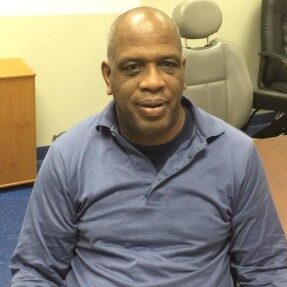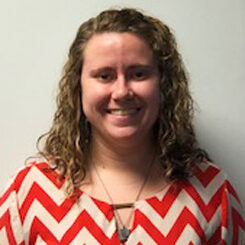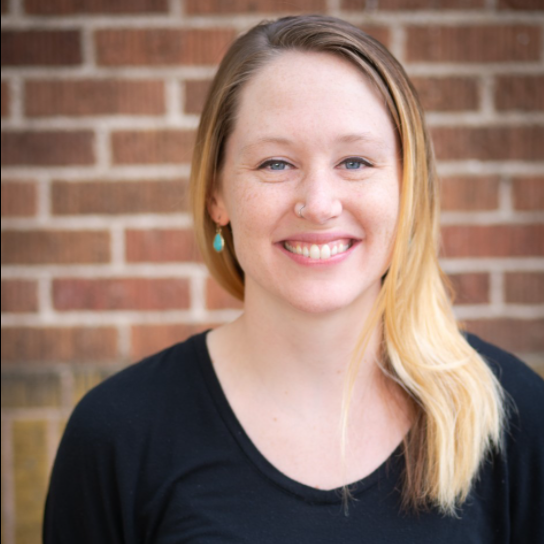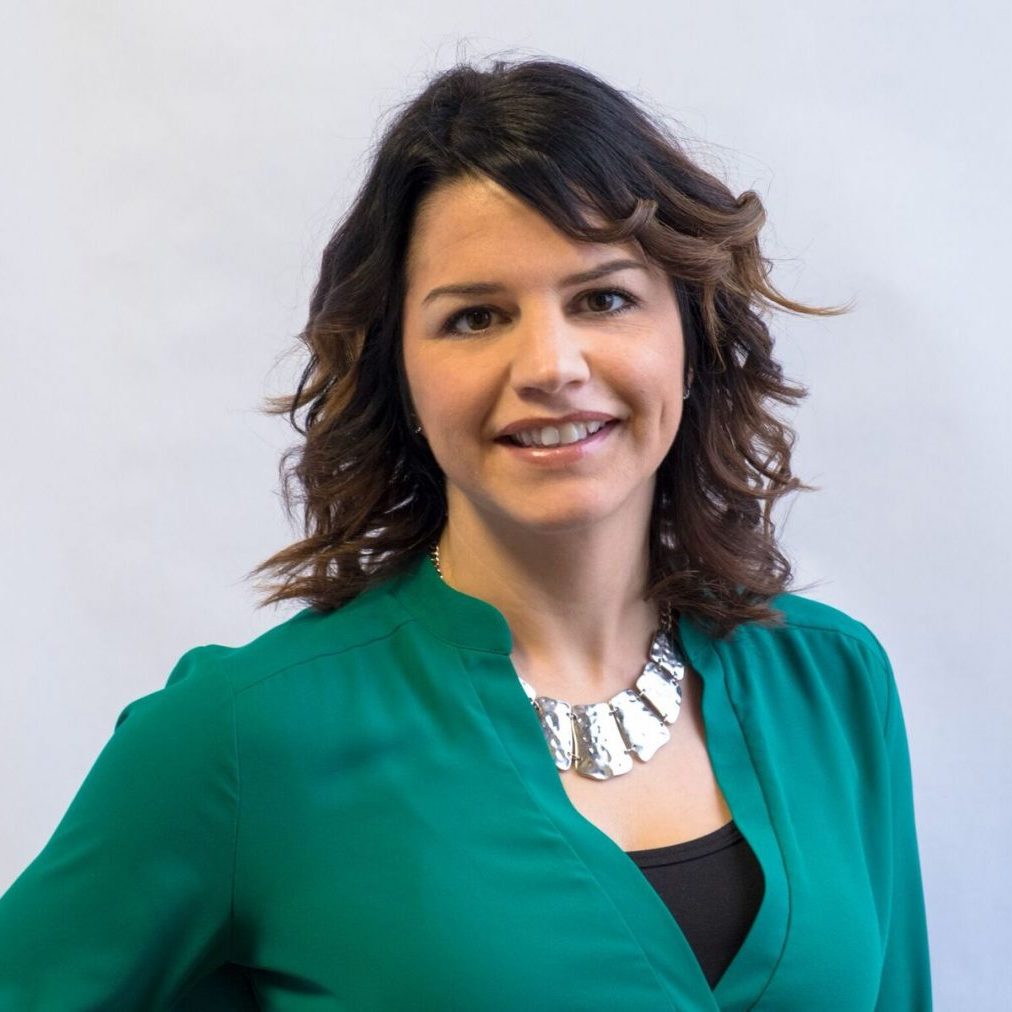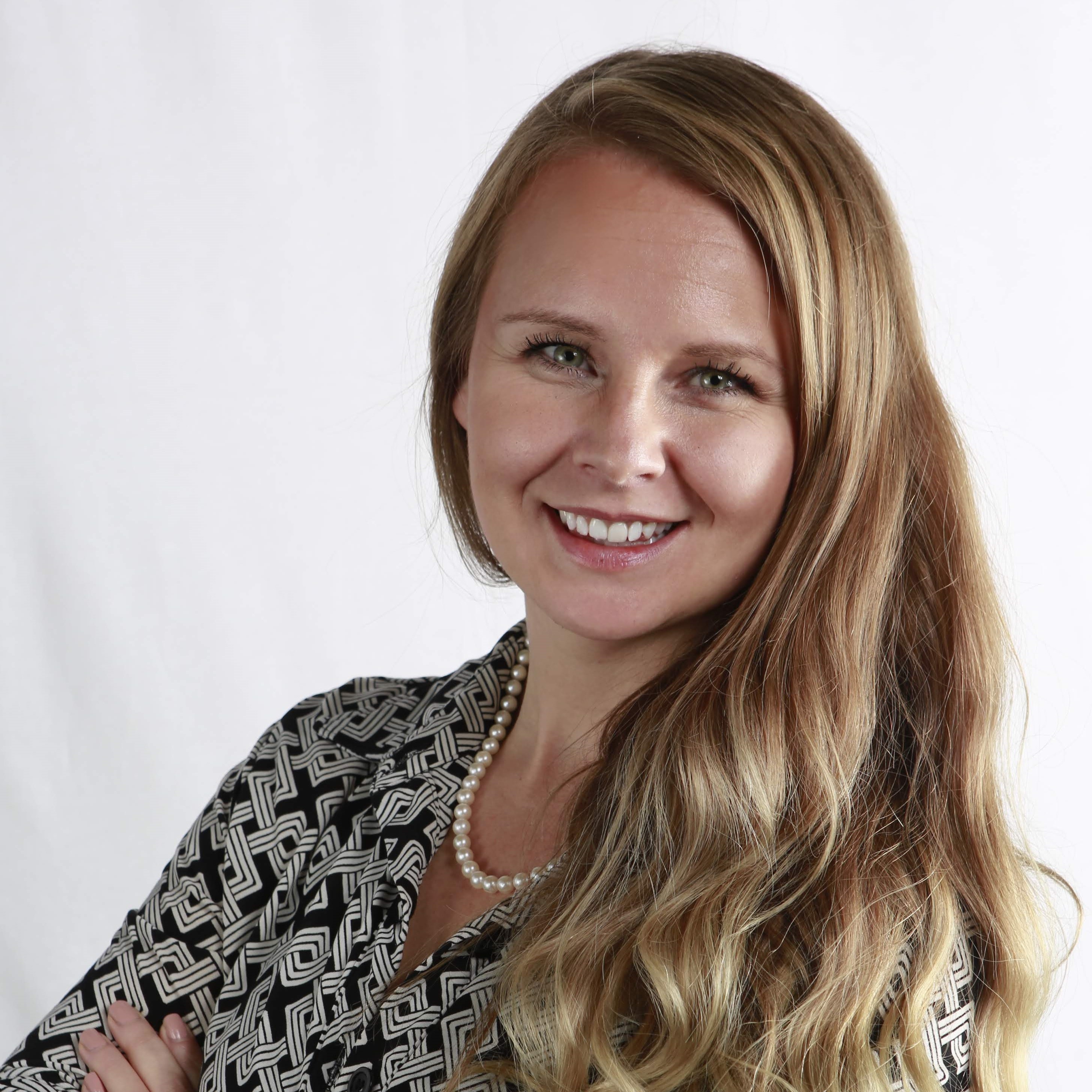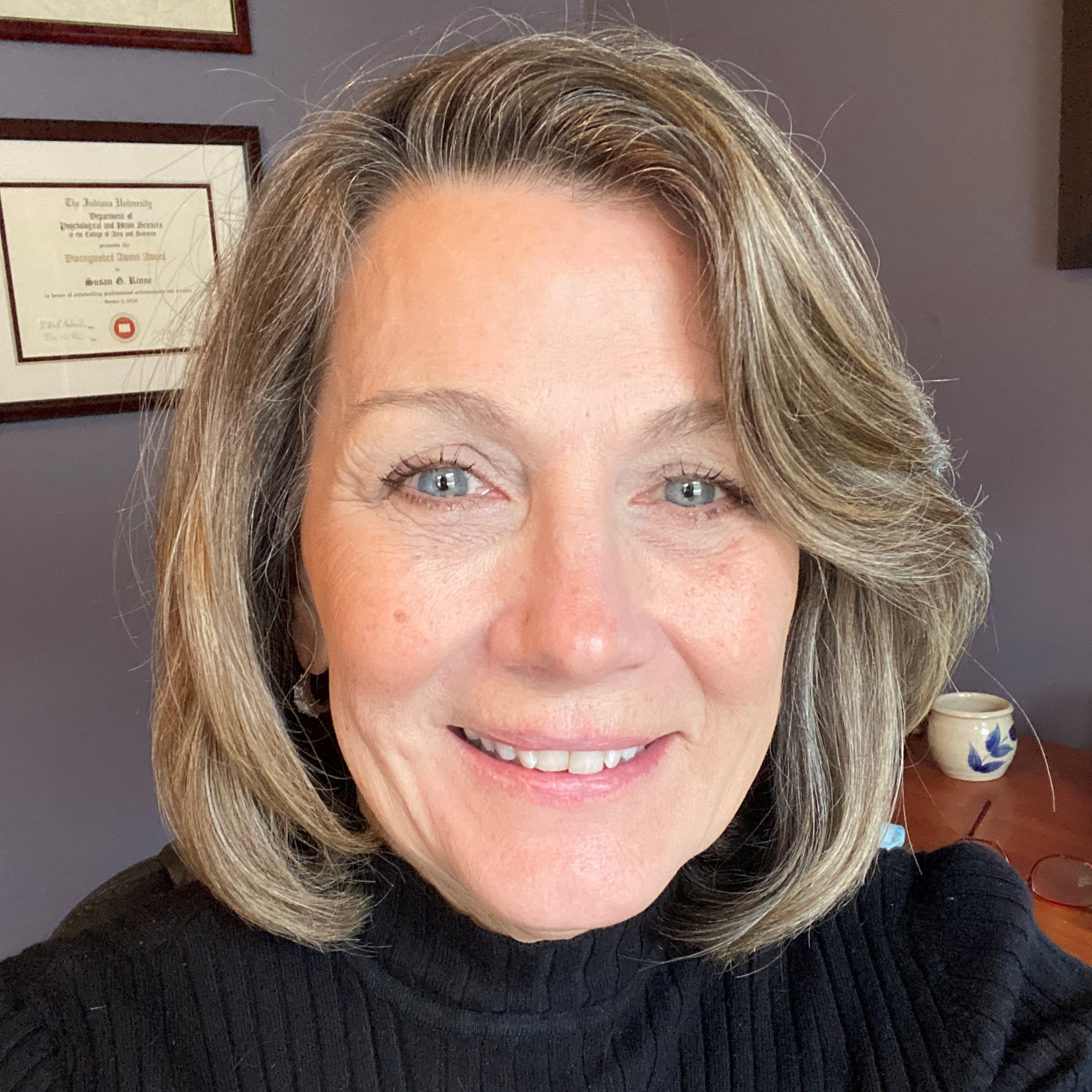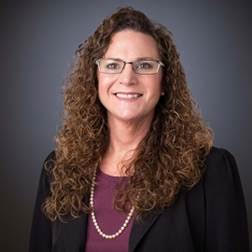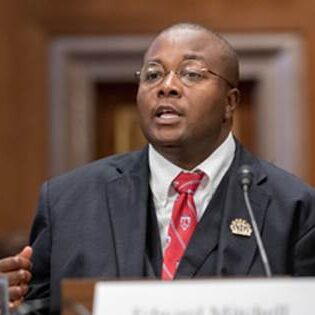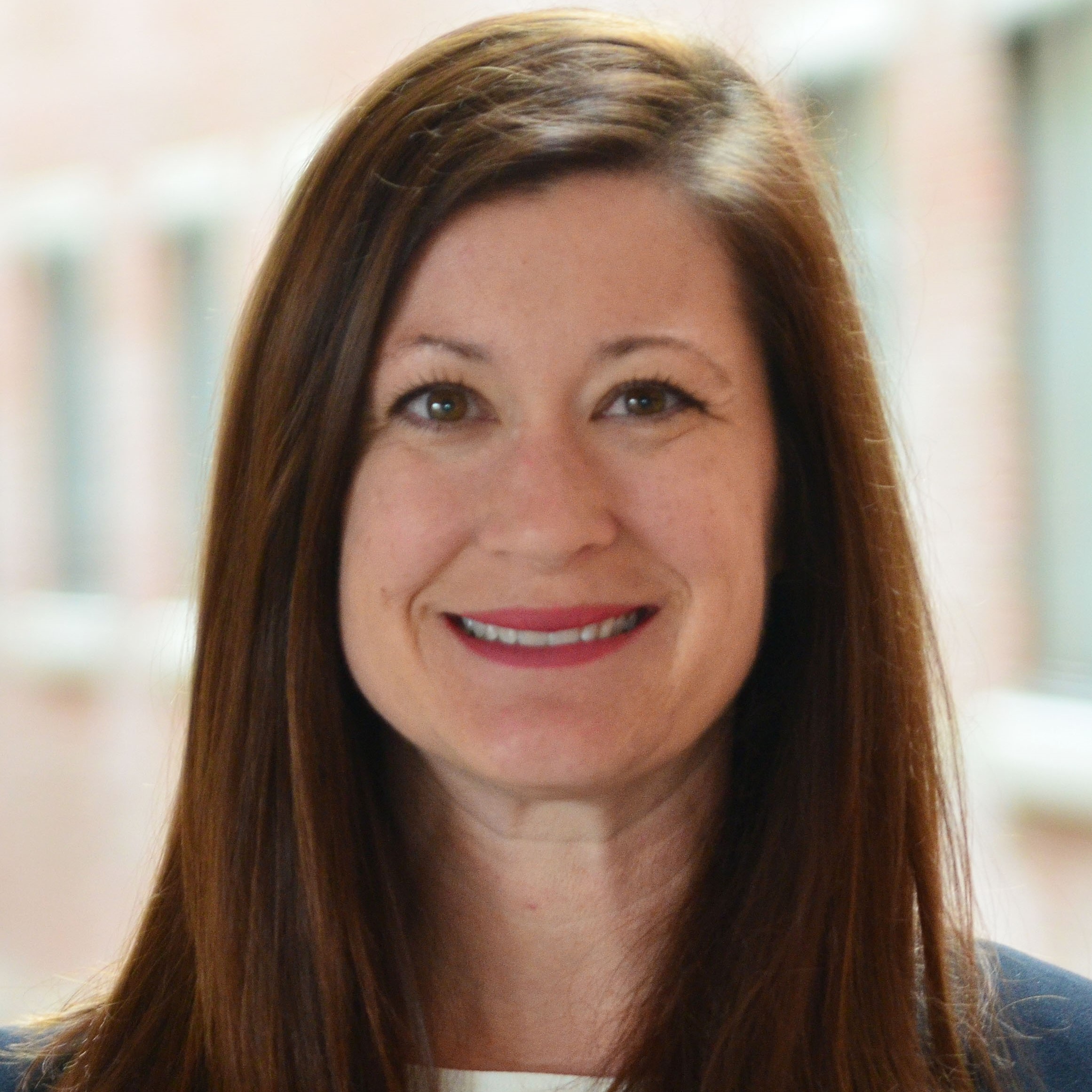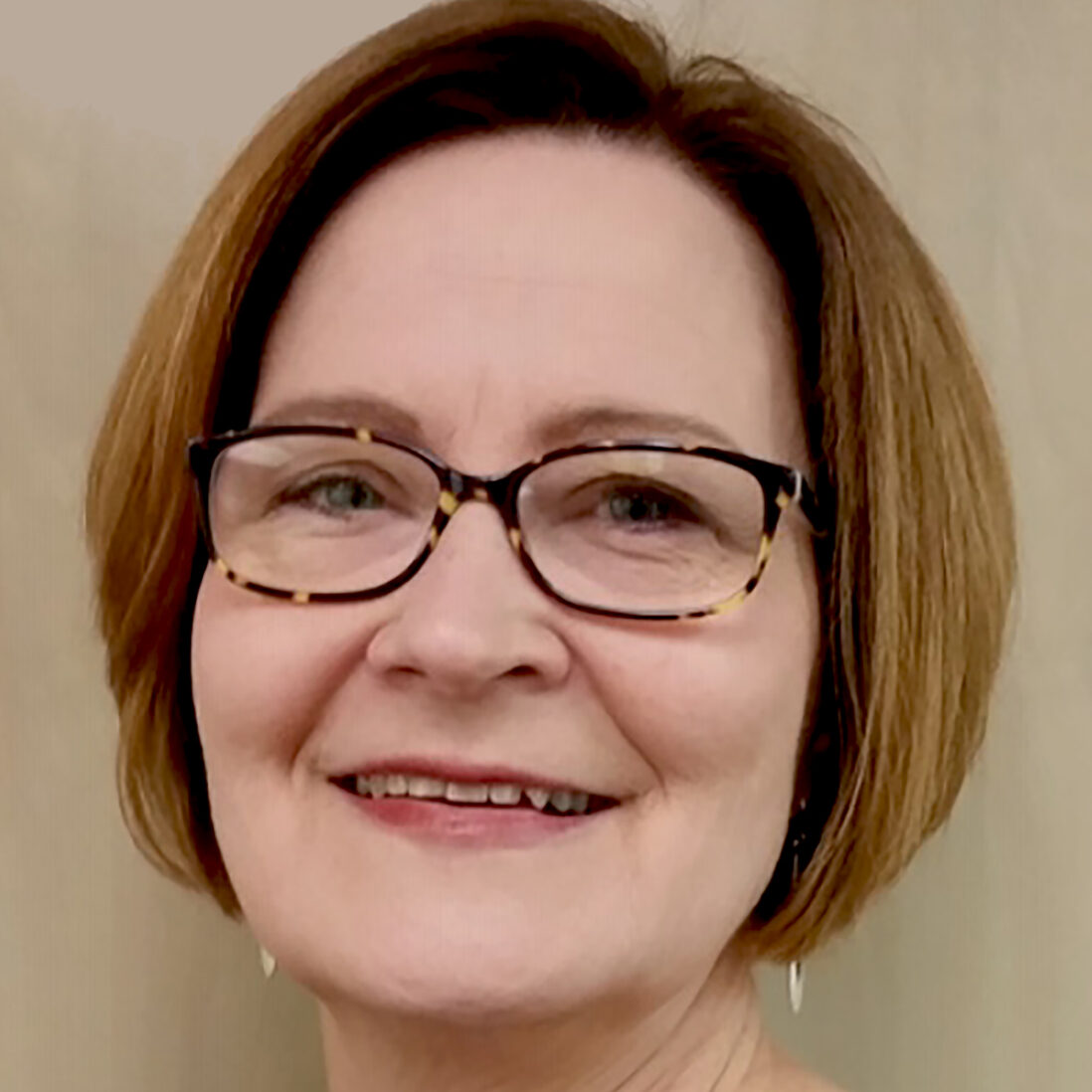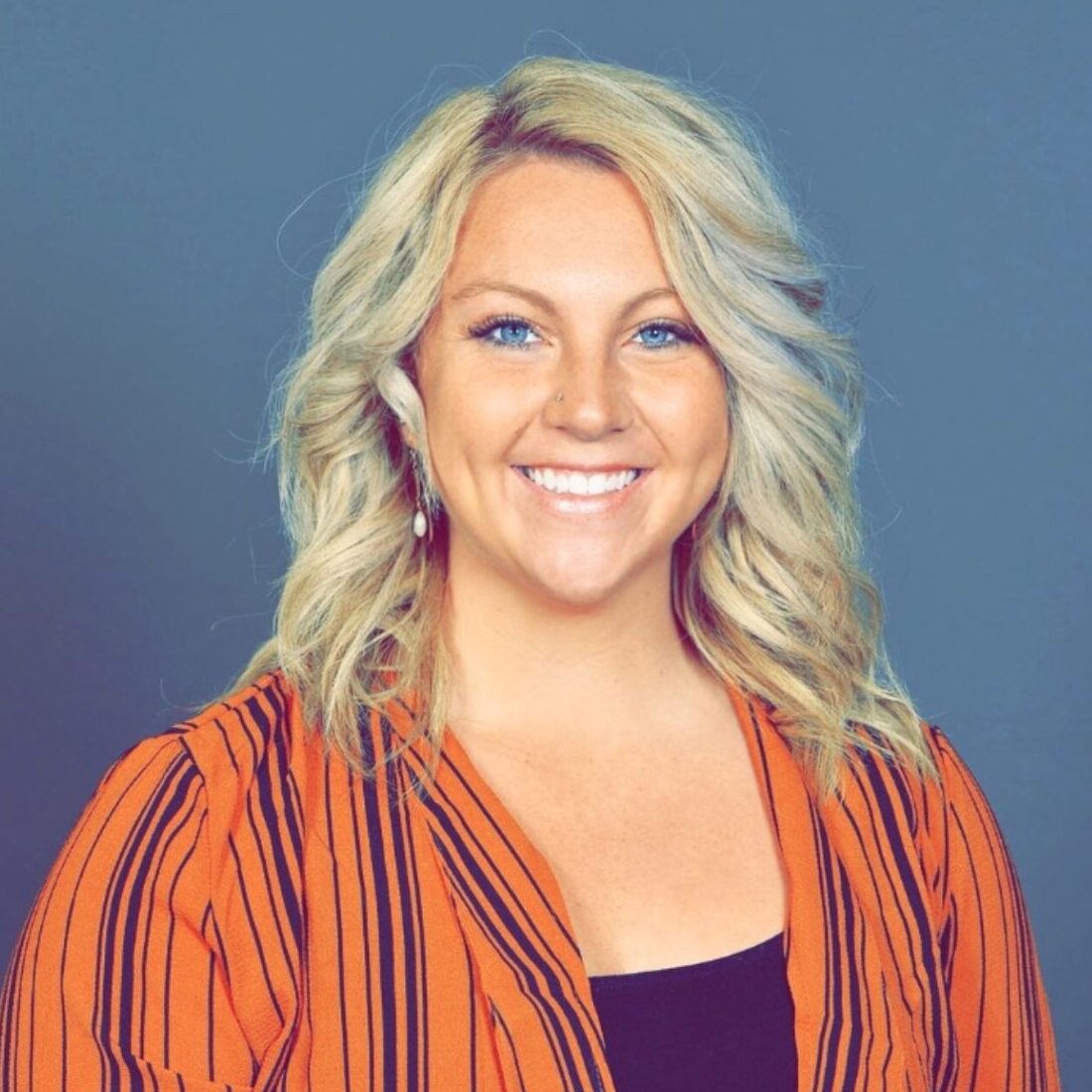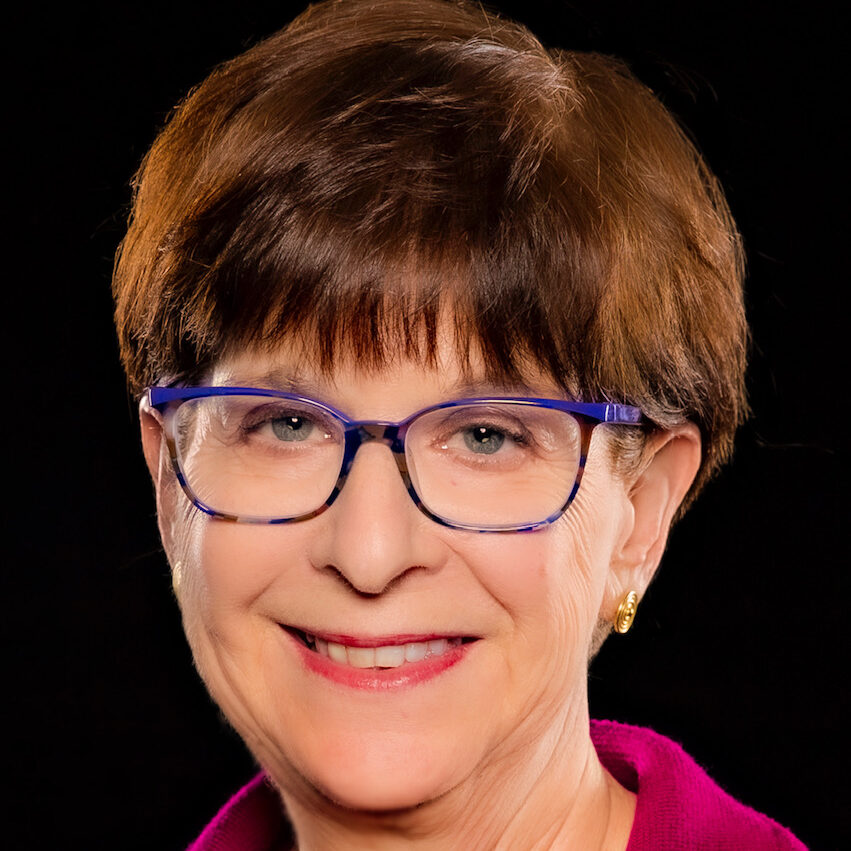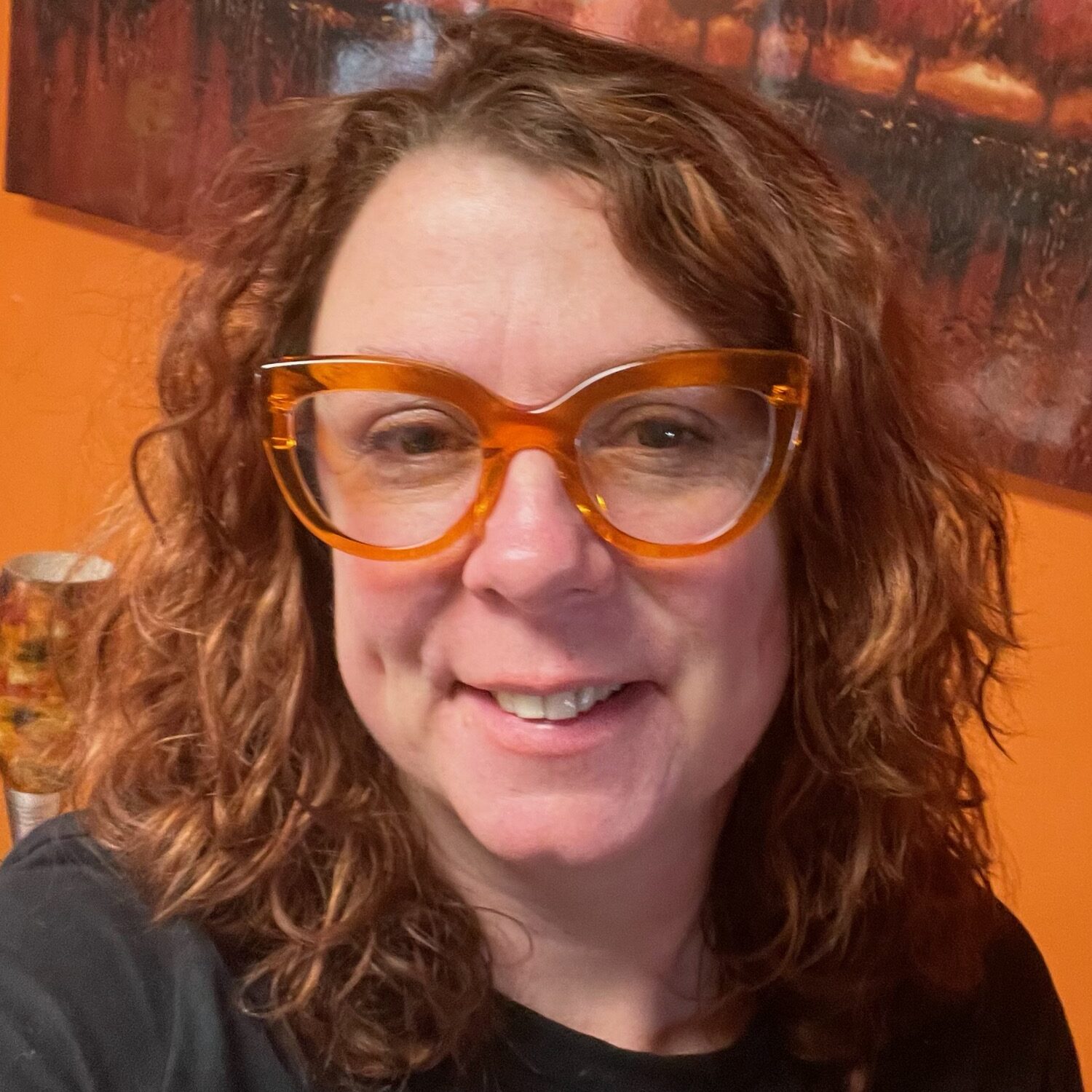
Event Schedule
Monday, June 14th, 2021
Virtual Networking
We’ll be using a tool called Gatheround to help facilitate these fast-paced, fun networking events!
1. First-time & newer attendees: APSE staff will match you up in small, short networking sessions with other first-time or newer attendees to the APSE Conference.
2. Long-time APSE Members: For those who don’t consider themselves “newer attendees” – whether you’ve been around since APSE began or just for a few years.
#2021APSE Opening General Session: Welcomes & Business Panel
In this timely conversation moderated by Julie Christensen, we will shine a light on concepts of intersectionality and why inclusion initiatives within the business community should be reflective of all facets of social identities (disability, race, gender, class, marital status, faith, etc.). How do we create space to talk about issues of inclusion, inequality, and injustice within the workforce? Panelists will discuss strategies for creating a culture of inclusion and will share stories and best practices for developing and implementing inclusive policies and practices in the workplace.

Julie Christensen
Interim Executive Director, Public Policy & Advocacy Director
National APSE
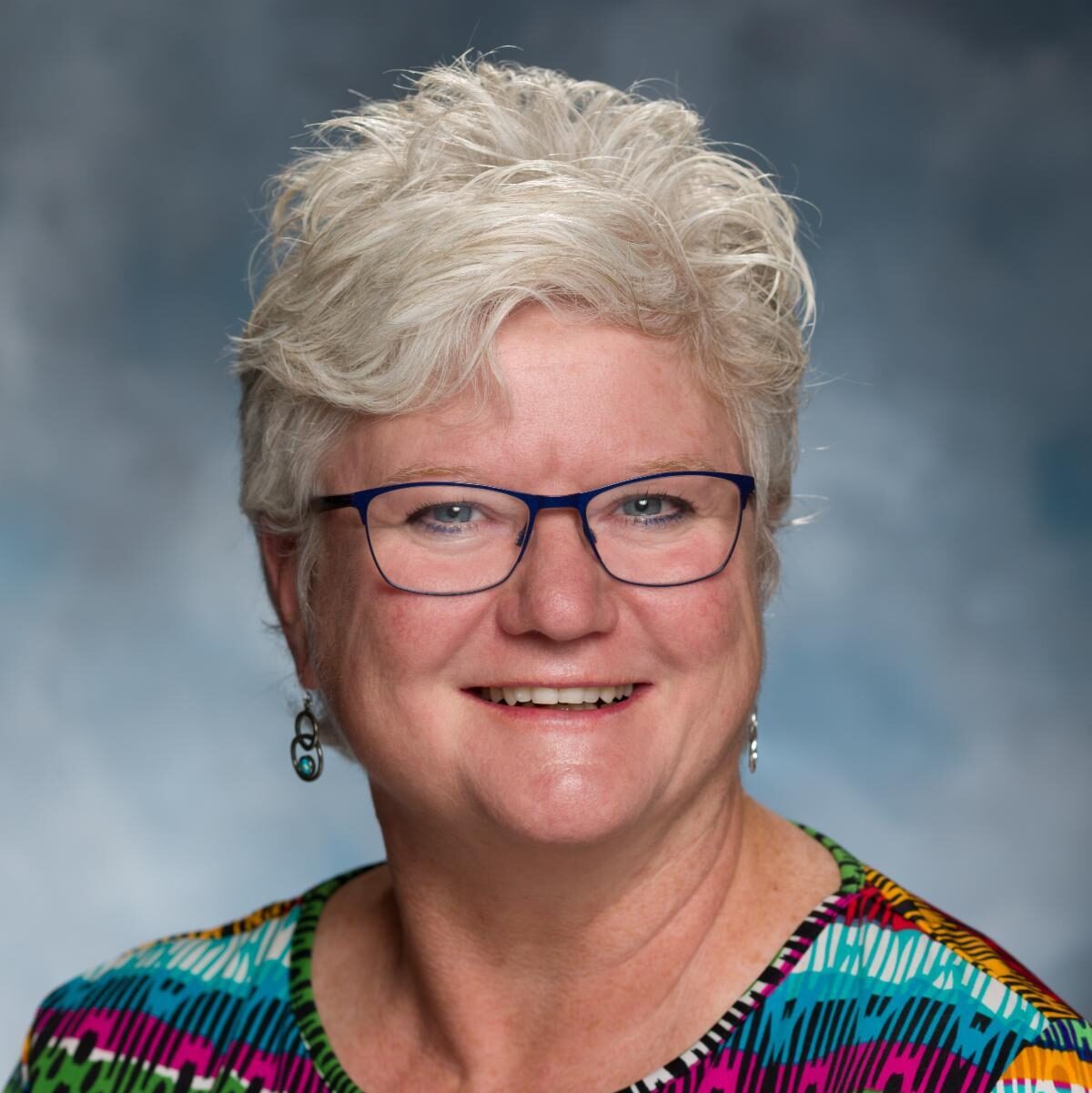
Margaret Gilbride
APSE Board of Directors President
National APSE

Charles-Edouard Catherine
Associate Director, Special Projects
National Organization on Disability

Joseph Jones, MPA
Executive Director
The Harkin Institute for Public Policy & Citizen Engagement

Scott Van Nice
Director of Digital Forensics, Electronic Discovery and Insider Risk
Proctor & Gamble

Forgotten No More: BIPOC Leaders in the Disability Rights Movement
As a continuation of the APSE 2020 keynote celebration of the 30th anniversary of the signing of the Americans with Disabilities Act, we take a closer look at the Black, Indigenous, People of Color who have disabilities, have shaped the disability rights movement, and enriched our culture. Participants will learn about our heroes who, through their courage and conviction, fought for equality and laid the foundation of the four “pillars” of the ADA; full participation, independent living, equality of opportunity, and economic self-sufficiency.
Track 1: Diversity in Employment Services
Lessons Learned from Managing in a Pandemic
The leadership team of a 170-person employment services team shares their pandemic story describing lessons learned for organizational transformation, resiliency, and team building. Have an unfiltered look at how this agency used temporary redeployment, voluntary layoffs, remote work, shift differential and hazard incentives, PTO policy revamps, and personalized management to survive and thrive in 2020.
Track 1: Funding and Managing Employment Services and Teams
Strategies for Successful Employment
Strategies for Successful Employment will highlight current research related to employment interventions and evidenced-based strategies to increase independence in the workplace. This presentation will also discuss ways to engage employers and list multiple resources for successful employment. Presenters will share specific stories of how utilizing evidenced-based practices led to successful employment.
Track 1: Workplace Supports and Job Coaching
Track 2: Career Exploration, Discovery, and Job Development
Identifying Vocational Rehabilitation Outreach and Service Training Priorities: A National Survey from Diverse Perspectives
The Vocational Rehabilitation Technical Assistance Center for Quality Employment’s (VRTAC-QE) is a federally-funded project with the goal increasing the knowledge and skills of state vocational rehabilitation (VR) agencies and community partners that help people with disabilities achieve career advancement and competitive integrated employment. In 2021 we completed a series of needs assessment surveys to identify the perspectives of multiple groups and stakeholders about the needs and priorities for training about VR outreach and services. We received responses from persons with disabilities and their family members, community-based employment services providers, advocacy groups, employers, and VR counselors and administrators. We will discuss key findings including the priorities of the different groups, where services and outreach are most needed, and how APSE professionals can inform and participate in local and national training opportunities.
Track 1: Diversity in Employment Services

Malachy Bishop, PhD, CRC
Norman L. and Barbara M. Berven Professor of Rehabilitation Psychology Department of Rehabilitation Psychology and Special Education
University of Wisconsin-Madison


Kaiqi Zhou, MA
Doctoral Student
Rehabilitation Counselor Education Department of Rehabilitation Psychology & Special Education University of Wisconsin - Madison
The Power of Language in Working Toward Employment First
As professionals, it is our responsibility to be able to talk about employment in a way that makes sense for job seekers, families, and others to envision options and raise expectations. It is our responsibility to represent people respectfully and convey what they have to offer a potential employer in a way that makes sense to that business. Our words matter. Terms like person-centered and long-term supports are powerful in our field but don’t mean much to an employer. Our field is often plagued with hints of charity that just don’t resonate in conversations around workforce needs. This session will focus on the impact of our words in targeting our messages and making Employment First a reality.
Track 1: Career Exploration, Discovery, and Job Development
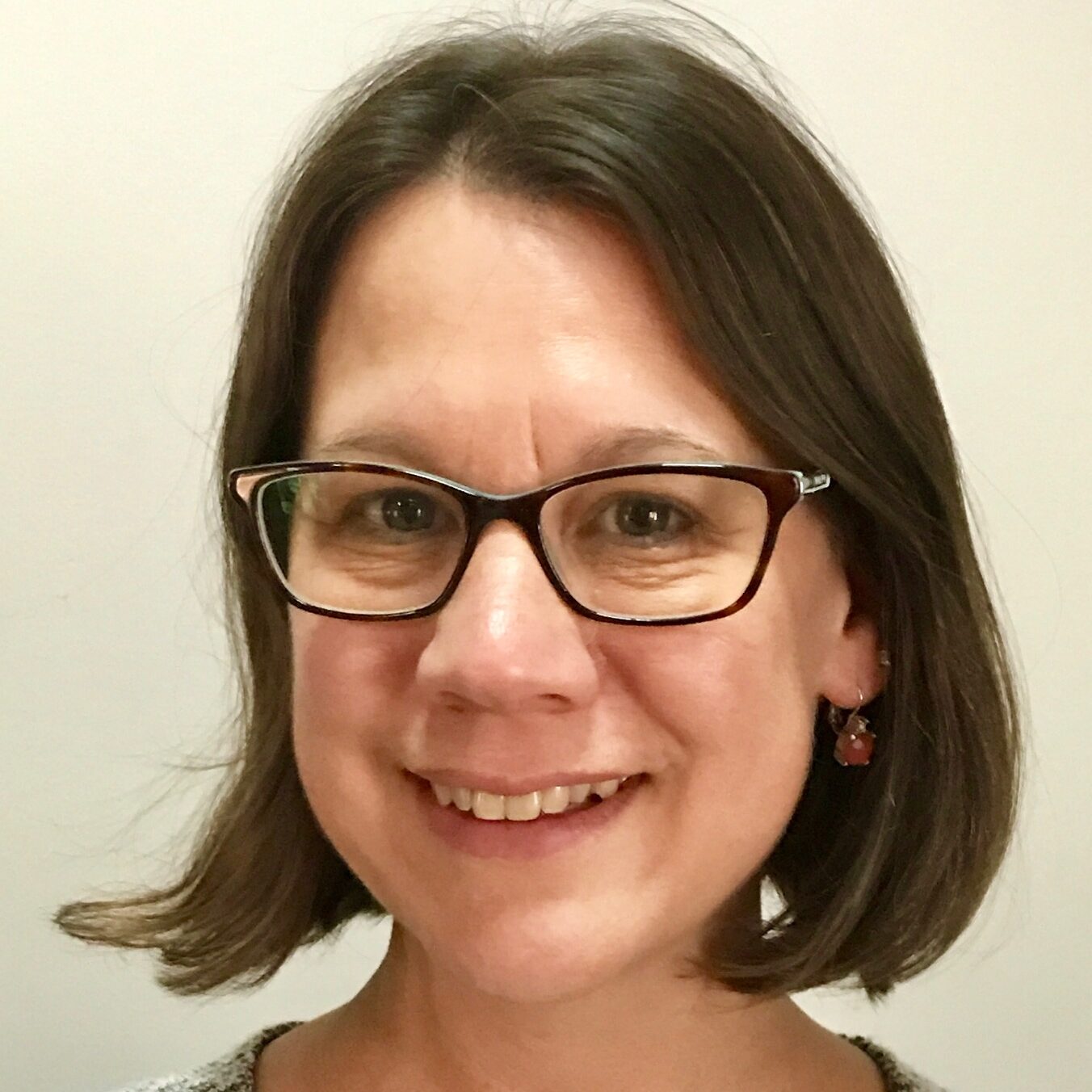
The Impact of Remote Work: A Discussion on What is Working and What Isn't
Over the last year, many employees with disabilities and support staff moved from in-person work to virtual employment. During this roundtable session, we will discuss what worked and what did not while virtually supporting employees in their work-from-home jobs. We will present case studies on technology, time management, executive functioning, and self-care strategies that led to successful remote work. Finally, we would like to invite audience members to participate by sharing their own experiences and lead a discussion on the future of work from home for employees with disabilities.
Track 1: Workplace Supports and Job Coaching
Track 2: Technology in the Workplace
Your Mic is Muted: Navigating the Virtual Services World
This session will focus on SEEC’s (Seeking Employment, Equality, and Community) re-envisioning of services to a virtual platform at the onset of Covid. We will discuss how we provided resources and interactive learning opportunities for both staff and people supported, including classes, professional development, and an online curriculum. In this session, we will provide a “starter kit” for implementing virtual services at your agency.
Track 1: Technology in the Workplace
Discover your Financial Path
The majority of people understand that benefits counseling is a key component to successful employment. The question is how do we access benefits counseling; who pays for benefits counseling; and when should benefits counseling occur? This session will help attendees understand the best practices of benefits counseling and how it relates to a job seekers informed choice. In addition, we will provide you with ways to access partners and funding to expand the programs within your state.
Track 1: Funding and Managing Employment Services and Teams
Who Are You Working For? Mindful, Holistic Approach to Employment Services
Being mindful while providing employment service means more than having the employment service skills. It means being present and understanding the person receiving the services – their needs, wants, and motivations. This individualized approach means understanding the culture, diversity, and intersectionality of the person and the disability community.
Track 1: Career Exploration, Discovery, and Job Development
Track 2: Workplace Supports and Job Coaching

Developing Staff Competencies: New Training Approaches for Employment Support Professionals
Skilled and motivated staff is a critical variable in the continued expansion of community-based employment. This session will consider the critical components of professional development of staff, role of credentialing and certification and remote strategies to support these efforts. This session will address the following questions: How do you apply the APSE Universal Competencies in development of staff? What are the differences between credentialing, accrediting and certifying professional development and how does that inform our decision-making? How can online training support a consistent baseline of knowledge for all staff and address the varied schedules of employment professionals.
Track 1: Funding and Managing Employment Services and Teams
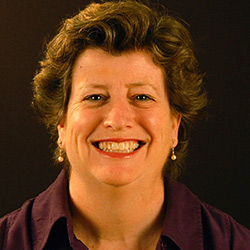
Sheila Fesko
Associate Dean
University of Massachsuetts Boston
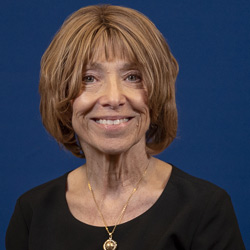
Karen Flippo
Institute for Community Inclusion
Day 1: All-Attendee Gathering
Join us for an All-Attendee Gathering! Day 1 is done, so relax in the sun… join us on Zoom from your outdoor space on camera. Or just use a Zoom background. We’ll have breakout rooms available if the crowd gets large so you can meet up with new and old friends in the “Hotel Bar” #1, #2, #3…
Tuesday, June 15th, 2021
Virtual Networking / Meet with Exhibitors
Exhibitor time PLUS two coffee talks offered to allow the exchange of ideas with your peers!
Track 1: Technology in the Workplace
Track 2: Diversity in Employment Services
Keynote: Hasan Davis
Hasan Davis has been recognized internationally for his professional and personal efforts serving the needs of our children, youth and their families across a continuum of care from early education to juvenile justice. Hasan will speak to #2021APSE attendees about the intersectionality of disability, the juvenile justice system, race, and poverty. He is the author of “Written Off: How One Man’s Journey through Disability, Poverty, and Delinquency is Transforming the Juvenile Justice System” and The Journey of York, Unsung hero of the Lewis and Clark Expedition, a children’s book.

Hasan Davis, J.D.
Continue the Conversation: With Keynote Speaker Hasan Davis, J.D.
Join #2021APSE Keynote Speaker Hasan Davis, J.D. after his session to talk more. Hasan will open up this live event for conversation, so join by Zoom on your camera or dial in to chat with Hasan and other attendees!

Hasan Davis, J.D.
Job and Career Exploration: The Discovery Process
One of the five required activities under Pre-Employment Transition Services is Job and Career Exploration. This discovery process begins the search of careers and jobs of interest to students and adults with disabilities, what skills they need for those careers, and additional training to work in those fields. We will look at assessments, web-based resources, and hands-on experiences to learn about jobs and careers in the community. What does the job seeker need to know about the world of work and what tools can be used to customize and best match types of work environments and job skills with employer needs?
Track 1: Career Exploration, Discovery, and Job Development

Engaging Diverse Communities Through Innovation and Targeted Outreach
The session will provide state agencies, non-profits, provider agencies, families, and self-advocates with tools on how to identify and better serve diverse communities in their state/region. Attendees will have the opportunity to engage in discussion with team members from the District of Columbia who have developed innovative programs, interactive bilingual conferences, surveys, and toolkits for diverse communities within the District.
Track 1: Diversity in Employment Services
Understanding the Impact Work and Other Life Events Have on Social Security and Other Benefits
Not every employment specialist, case manager, or advocate needs to be an expert on Social Security and other benefits that the job seeker may be receiving. They should have a general understanding of these benefits and how work and other life events impact them. This knowledge allows them to know when these life events need to be reported so the job seeker will not be impacted financially.
Track 1: Workplace Supports and Job Coaching
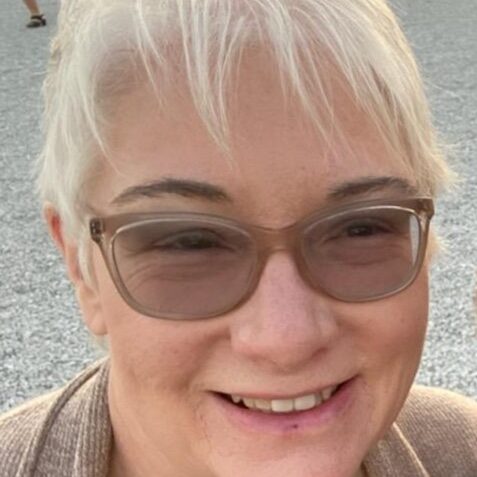
Work-Related Experiences: Legal and Practical Guidelines
Volunteer work, internships, and unpaid job exploration can be effective strategies for individuals with disabilities looking to gain work-related experience. So can assessments and training at places of business. However, such activities must be undertaken carefully, with a clear understanding of the purpose of these activities. All parties must know what is permitted from a legal perspective, as well as practical considerations regarding the appropriate use of volunteer and unpaid work experiences. Learn about the different types of experiences and what’s allowed, review relevant case studies, and discuss best practices in paid/unpaid work experience as a tool toward accomplishing competitive, integrated, employment.
Track 1: Workplace Supports and Job Coaching
Track 2: Career Exploration, Discovery, and Job Development
The Secret Rulebook: What Autistic Employees and Their Supporters Need to Know About Unspoken Expectations at Work
Every workplace has its own unique culture and expectations. For most neurotypical people, new ways of interaction and general conduct are absorbed without much ado. Autistic workers often rely on more direct communication, and may benefit from guidance around hidden agendas. From the not-exactly-optional office party to the questions nobody told us were rude, the office and the factory floor are packed with social landmines. This presentation will help employment specialists recognize the ways in which unwritten rules become barriers and will offer suggestions for making the secret rulebook more legible.
Track 1: Workplace Supports and Job Coaching
Track 2: Diversity in Employment Services

Work to Include: Community Building and Employment First
Are you interested in launching an Employment First initiative in your state, or strengthening your current efforts? Join two Work to Include Team Leaders for an engaging and informative discussion of Indiana’s efforts during the past two years to enact a grassroots “bottom-up” Coalition led by individuals with disabilities, and a “top-down” statewide policy and systems change initiative to advance Employment First. Activities and strategies will be shared, and the audience will be invited to share your experiences
Track 1: Career Exploration, Discovery, and Job Development
The ABLE Act and WIOA: Paving the Path to Employment
Living with a disability is often associated with significant extra costs. That’s why individuals and families can now contribute to ABLE accounts — tax-advantaged savings accounts that can fund disability expenses. Leveraging ABLE accounts and WIOA-funded employment and support services can make it easier for an individual with a disability to find and retain competitive integrated employment. Hear from a successful ABLE Account owner/ambassador along with the LEAD Center about ABLE to Work provisions and the positive impact of ABLE accounts for working individuals with disabilities.
Track 1: Funding and Managing Employment Services and Teams
The Intersectionality of Race, Disability, and Employment Through the Project SEARCH Lens
This session will introduce attendees to the Project SEARCH internship training program, which is designed to improve employment outcomes for young people with intellectual and developmental disabilities. The presenters will discuss Project SEARCH intern demographics (e.g., disability category, secondary diagnoses, racial/ethnic backgrounds, and geographic location of residence). The presenters will then discuss intern demographics as a potential factor in the rate and quality of employment following completion of the Project SEARCH program.
Track 1: Career Exploration, Discovery, and Job Development
Track 2: Diversity in Employment Services
Department of Justice Olmstead Enforcement in the Area of Employment Services
The Department of Justice enforces the Americans with Disabilities Act of 1990 (ADA), including the integration mandate of Title II and the Supreme Court’s decision in Olmstead v. L.C., which recognizes that the ADA prohibits unnecessary segregation of persons with disabilities and requires that persons with disabilities receive services in the most integrated setting appropriate to their needs. This session focuses on the Department’s Olmstead enforcement in the employment services context and discusses the impact and current status of two specific statewide agreements in this subject area. It will also include a discussion of important principles of the Department’s Olmstead enforcement work and descriptions of a sample of cases.
Track 1: Funding and Managing Employment Services and Teams
Self Advocates Supporting Technology First: Ohio's Tech Ambassador Network
A dynamic panel presentation with Ohio’s Tech Ambassadors highlighting how adaptive and innovative technology use enhances lives for people with developmental disabilities. Five Tech Ambassadors have recently been selected statewide to discuss how they use supportive technology at home, at school, at work and in the community creating new solutions and increasing independence. The panel will have set questions that they answer and then will take questions at the end of the session.
Track 1: Technology in the Workplace
Track 2: Workplace Supports and Job Coaching
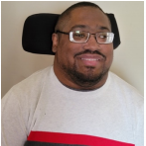




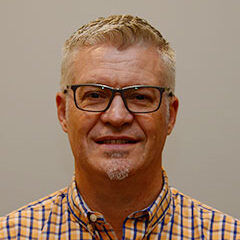
Chapter/Regional “happy hours”
Hold your calendars from 5-6:30 EST for a Chapter and Regional Networking Event
Wednesday. June 16th, 2021
Virtual Networking
Two coffee talks offered to allow the exchange of ideas with your peers!
Track 1: Workplace Supports and Job Coaching
Track 2: Funding and Managing Employment Services and Teams
Keynote: Jim Warne
Jim Warne will share with #2021APSE attendees his models for success through experience in collegiate and professional football, motivational speaking, as a college educator, and entrepreneur. Jim has acted in TV shows and feature films, as well as producing and writing documentary films. Jim will focus on the intersection of Native American experience, disability, and poverty.
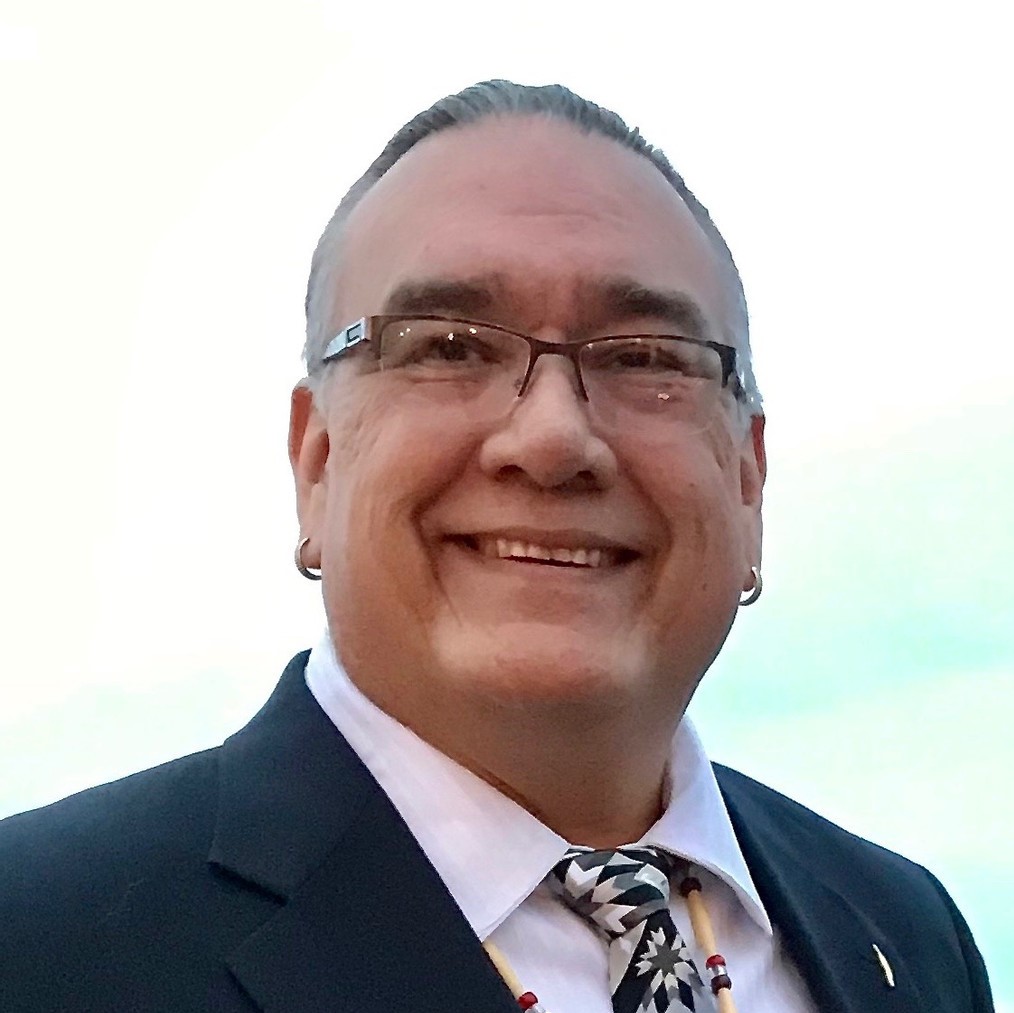
Jim Warne
Continue the Conversation: With Keynote Speaker Jim Warne
Join #2021APSE Keynote Speaker Jim Warne after his session to talk more. In this conversation, join Jim live to chat about ideas presented and follow-up with additional questions and ideas! join by Zoom on your camera or dial in to chat with Jim and other attendees

Jim Warne
Verbal De-escalation and Listening Skills: Keys to Supporting Individuals with Challenges in the Workplace
Knowing how to effectively and quickly verbally de-escalate a situation with someone who has become agitated is key to supporting individuals to successfully reach their employment goal. This training reviews and demonstrates seven steps identified in the research-validated English modified version of the De-Escalating Aggressive Behavior Scale (EMDABS). We then pair these steps with basic skills from Motivational Interviewing (MI). EMDABS and MI skills and philosophies assist in establishing a respectful, collaborative relationship with the individual to help reduce their fears and come to beneficial solutions in the workplace, as well as aiding in preventing future crises. This training session provides a video demonstration as well as seven practice sessions to support skill-building.
Track 1: Funding and Managing Employment Services and Teams
Track 2: Workplace Supports and Job Coaching
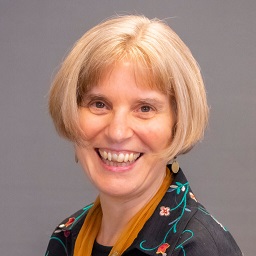
Cecilia Pohs Buckley
Research Associate
Center on Community Living and Careers, Indiana Institute on Disability and Community, Indiana University

Brady Foster Powers
Research Associate
Center on Community Living and Careers, Indiana Institute on Disability and Community, Indiana University
Supported Employment Asset Mapping
While the pandemic has devastated countless industries nationwide, communities are reemerging together, determined to build back in ways that foster new relationships and partnerships. Asset mapping is the process of organizing a community around a single issue. When applied to integrated, competitive employment, asset mapping enrolls a wide range of stakeholders to capture a more expansive picture of the resources, needs, and opportunities that exist in any community. The result is not only a deeper understanding of the employment landscape as we emerge from COVID-19, but also a more comprehensive analysis of local resources that can be used to support integrated and meaningful lives of individuals with I/DD. In addition, the collaborations and partnerships that are forged in this process often lead to greater community understanding and support of the goals and values of Employment First.
Track 1: Career Exploration, Discovery, and Job Development

Jessica Short
Senior Training and Consultation Specialist
The Boggs Center on Developmental Disabilities at Rutgers University
Navigating Social/Sexual Challenges in the Workplace
Assisting individuals with intellectual and/or developmental disabilities as they navigate the social expectations of the workplace is always a challenge, but when situations of a sexual nature arise, the challenge becomes more complex. This presentation will consider the ways in which society has refused to acknowledge the sexuality of individuals with disabilities from both a historical and modern-day lens, and how this refusal contributes to social/sexual difficulties in the workplace. Employment specialists will leave with tools to proactively prevent and appropriately respond to these situations while simultaneously supporting the healthy sexuality of the people we serve.
Track 1: Workplace Supports and Job Coaching
Track 2: Diversity in Employment Services

Bethany Chase
Training and Consultation Specialist
The Boggs Center on Developmental Disabilities at Rutgers University
Employment First Meets Technology First: It’s More Than Just The Device
The use of readily available assistive technology (AT) has emerged as an important tool in self-management, virtual, and remote employment supports. We are at a point where consideration of technology is no longer an “extra”, but part of the core considerations and competencies necessary for successful employment. Attendees will learn how the Missouri Technology First initiative has been integrated within the state’s Employment First efforts, and is building AT competency among service providers, front line staff, and individuals with disabilities. We will share how this effort has gone well beyond simply understanding apps and devices, and uses a systematic person-centered approach focused on individual’s needs and preferences, the employment environment, the issue to be addressed, whether/how technology can be used to address the issue, and implementation of technology options. Strategies developed during the pandemic for use of AT at a national level will also be discussed, with implications for the long-term.
Track 1: Technology in the Workplace
What Businesses Want
The use of readily available assistive technology (AT) has emerged as an important tool in self-management, virtual, and remote employment supports. We are at a point where consideration of technology is no longer an “extra”, but part of the core considerations and competencies necessary for successful employment. Attendees will learn how the Missouri Technology First initiative has been integrated within the state’s Employment First efforts, and is building AT competency among service providers, front line staff, and individuals with disabilities. We will share how this effort has gone well beyond simply understanding apps and devices, and uses a systematic person-centered approach focused on individual’s needs and preferences, the employment environment, the issue to be addressed, whether/how technology can be used to address the issue, and implementation of technology options. Strategies developed during the pandemic for use of AT at a national level will also be discussed, with implications for the long-term.
Track 1: Career Exploration, Discovery, and Job Development
Secure Your Financial Future - Introducing a Toolkit for Individuals with Disabilities
This session will introduce a new online Financial Toolkit, developed in response to the COVID-19 pandemic, for people that are experiencing new levels of financial stress and unemployment. The toolkit provides job seekers with disabilities and staff in the workforce system with critical financial engagement/literacy considerations throughout the work lifecycle: 1) Preparing for a job, 2) Starting a job, 3) Maintaining a job, 4) Changing or Losing a job, and 5) Retiring.
Track 1: Workplace Supports and Job Coaching
Track 2: Career Exploration, Discovery, and Job Development

Next Step: The Career Path Project
Too often, people with disabilities struggle to find employment and those who do work remain in low-paid jobs that do not offer them the ability to use the full range of their skills and talents. In January, 2017, Job Path started a project to address this problem using Customized Employment strategies. We will highlight our experience with the project, share stories (and challenges) as we assist people in obtaining not only jobs, but meaningful careers. We define career advancement as opportunities for progress in education, training and work experience.
Track 1: Workplace Supports and Job Coaching
Track 2: Career Exploration, Discovery, and Job Development
Confronting Complacency: Ableism as a Barrier to Equitable Employment
This session will lead participants through a discussion on how ableism unintentionally permeates disability service provision (with specific focus on employers, professionals, and providers). Even amongst disability service providers, disability inclusion is not a topic many are proficient in. Many providers of disability employment services are not required to learn about disability rights, history, identity, or culture. Historic exclusion has resulted in minimal exposure and experience living and working alongside people with disabilities equitably. Because of this gap in lived experience and/or acquired knowledge, organizations need to make intentional efforts to re-examine the systems we uphold and operate within, and ensure we include people with disabilities in all components of service planning and delivery. This session will be facilitated with the intent of opening discussion and creating dialogue for those who care about advancing disability employment, and how we can either choose to break down (or continue to build up) barriers to disability employment – especially the intangible, attitudinal barriers people with disabilities still face every day in their pursuit of self-determination.
Track 1: Funding and Managing Employment Services and Teams
Track 2: Diversity in Employment Services
Leveraging Electronic Documentation Software to Improve Employment Outcomes. A Panel Discussion
Chances are that you and your organization use electronic documentation software for automating billing and compliance reporting. However, this software can do more than that. Join this session to hear from a panel of vendors of electronic documentation software and learn how to leverage this technology for tracking metrics that matter and improve your program’s effectiveness in assisting job seekers getting jobs.
Track 1: Funding and Managing Employment Services and Teams
Track 2: Technology in the Workplace

Alberto Migliore
Senior Research Associate
Institute for Community Inclusion, University of Massachusetts Boston

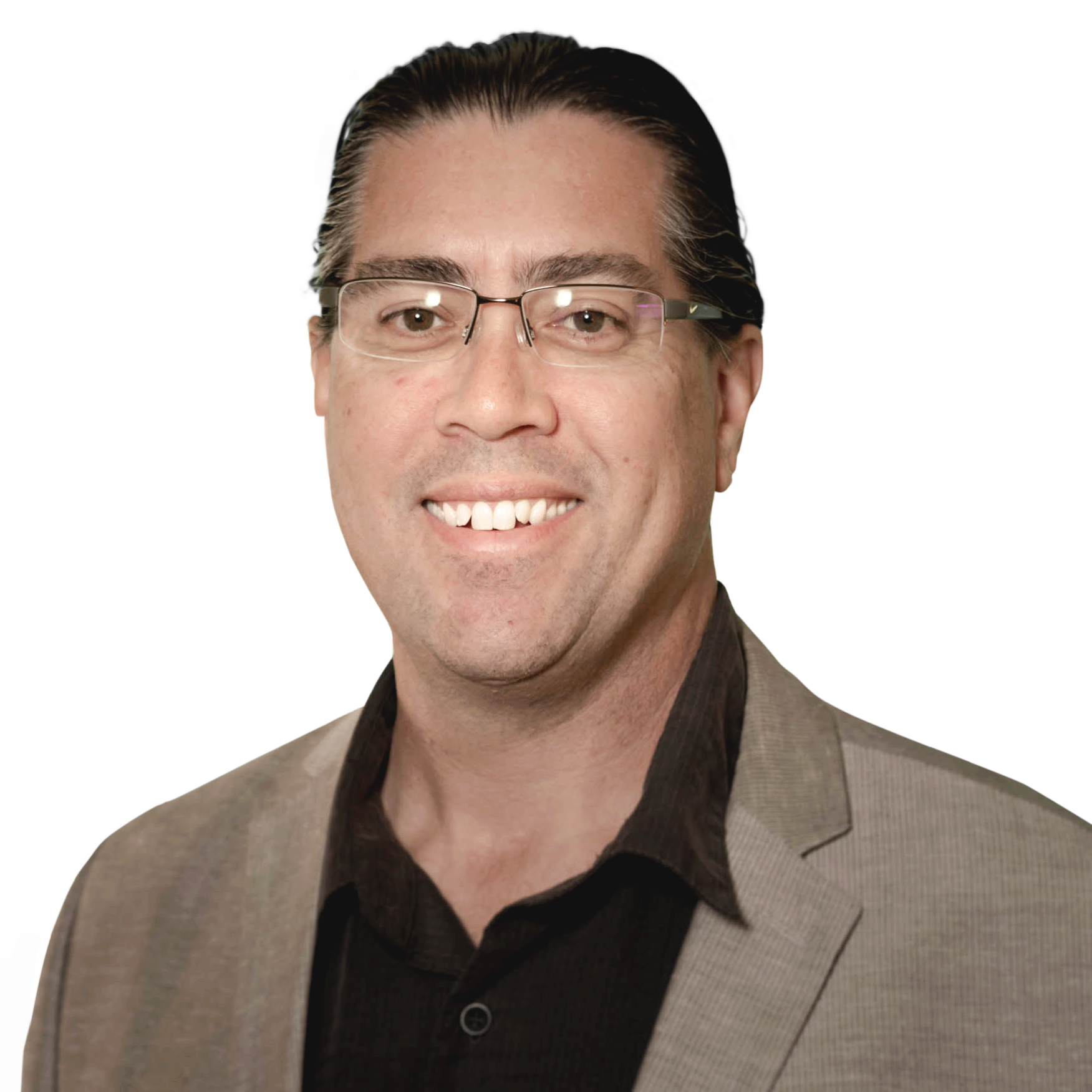


Join a CESP Conversation with the #2021APSE Virtual Conference
Certified Employment Support Professional™️ hold a CESP conversation every other week to network and talk with peers. Join Terri Nelles, CESP, and Kari Tietjen, APSE National Staff, for a special CESP conversation this week at 5pm EST for 45 minutes. Open to both CESPs and Conference attendees!
APSE Trivia
David Hoff of MA APSE will be leading APSE trivia! Sign-up information coming for Virtual Conference attendees, plan to join in on this fun event!
Thursday, June 17th, 2021
Virtual Networking / Meet with Exhibitors
1. Exhibitor time
2. Coffee talk focused on Emerging Leaders, APSE’s program for Mid-Level managers!
Individual Placement and Support (IPS) Services with Strong Mental Health and Vocational Rehabilitation Partnerships
Panels of Mental Health and Vocational Rehabilitation teams from Missouri and Utah will describe their partnerships and how effective services are provided through each state’s unique collaborative efforts.
Track 1: Career Exploration, Discovery, and Job Development

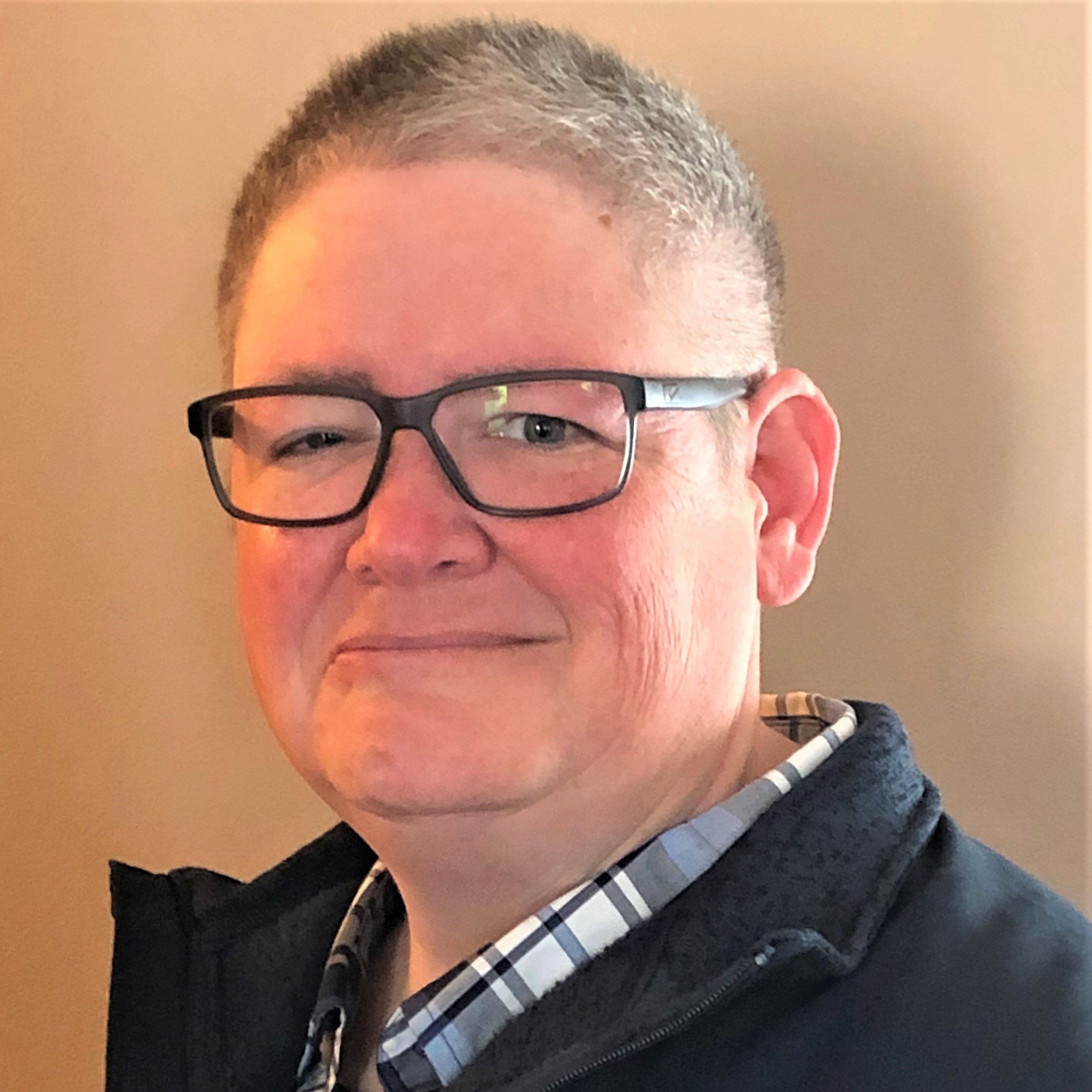
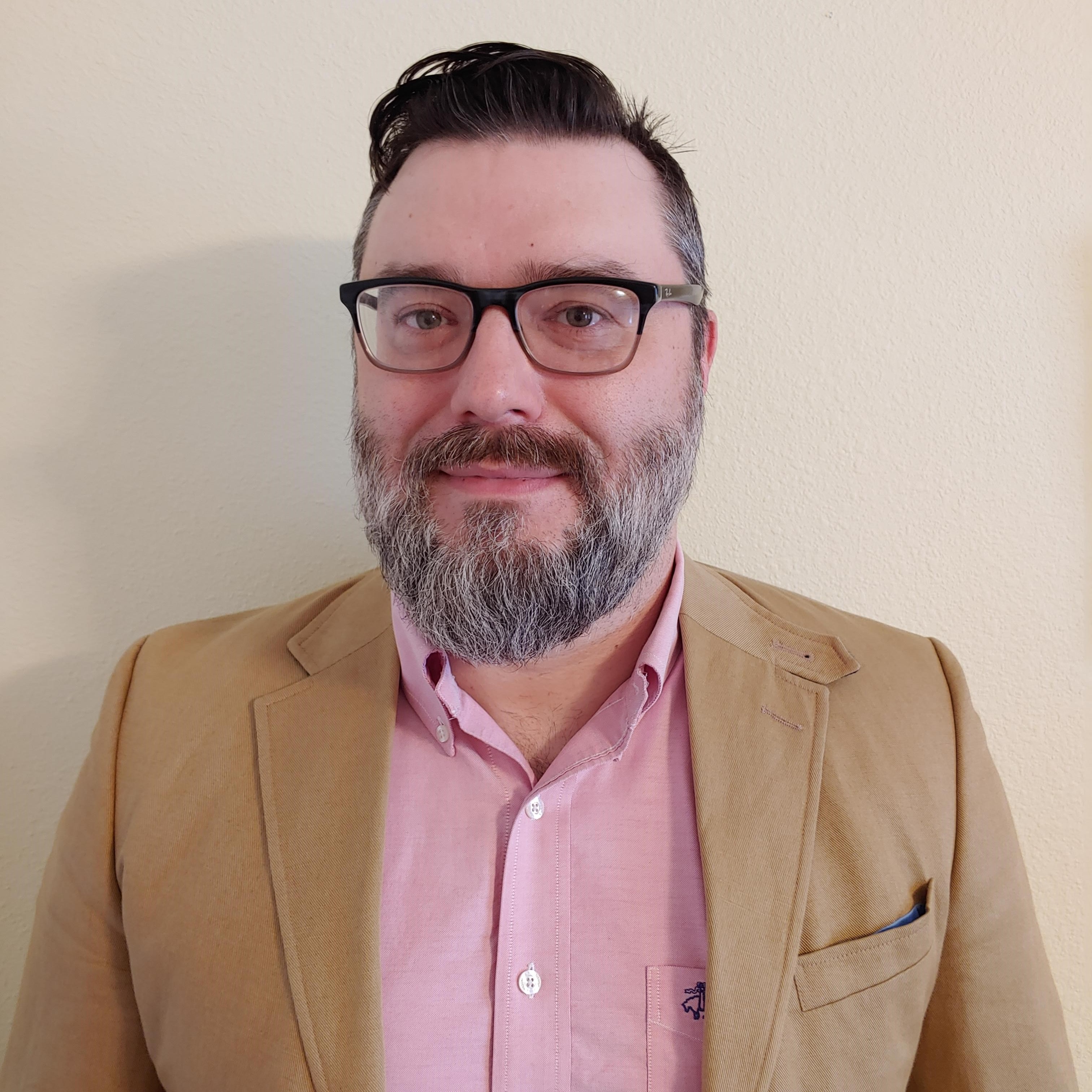
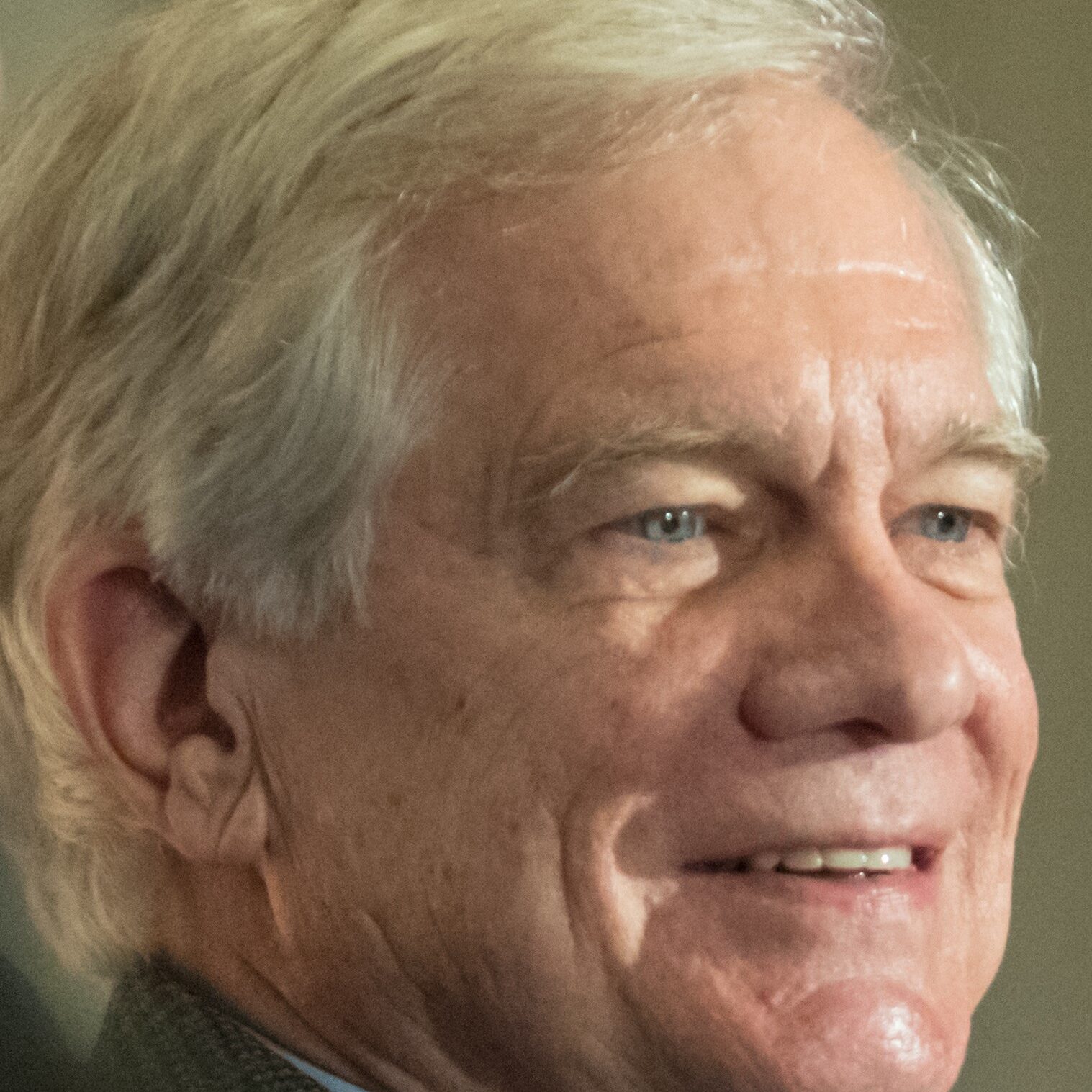
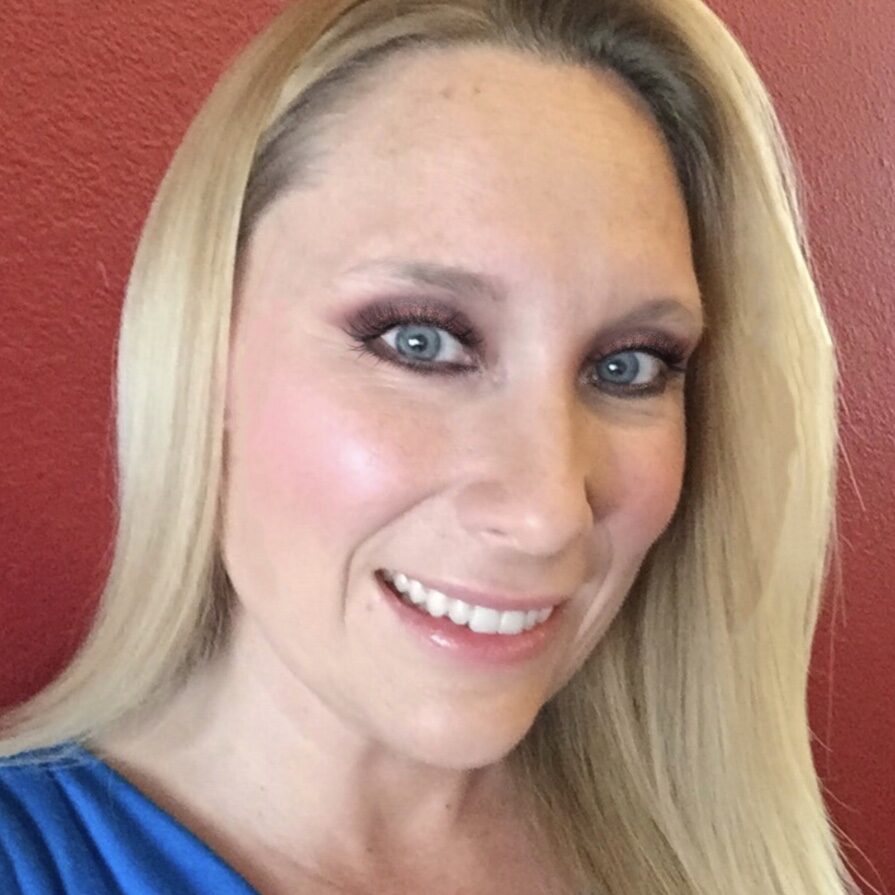
Sharon Cook
Program Administrator
Supported Employment and Recovery & Resiliency Peer Support with the Utah Division of Substance Abuse and Mental Health (DSAMH)
Have You Heard? Groundbreaking Employment First Legislation Passed! Find out Why, How, Lessons Learned and Next Steps
This session will include a review of how Employment First legislation was written and passed with funding to professionalize our thriving supported employment workforce. We will share the process for getting stakeholder input, alongside collaboration with nationally recognized training and certification entities, and how these partnerships strengthened not only our legislation, but Colorado’s vision for what it means to be an Employment First state. We will also include operational strategies, including; meeting employment specialists where they are, making sure employment specialists know this is an investment in them, and providing the flexibility in a diverse array of training options including remote learning. To conclude we will provide lessons learned, our path sustainability and how this opportunity can be applicable to your workforce and most importantly the current and future impact on people with disabilities getting and keeping great jobs.
Track 1: Career Exploration, Discovery, and Job Development
Track 2: Diversity in Employment Services


Darby Remely
Intellectual and Developmental Disabilities Supported Employment Coordinator/Trainer
Division of Vocational Rehabilitation
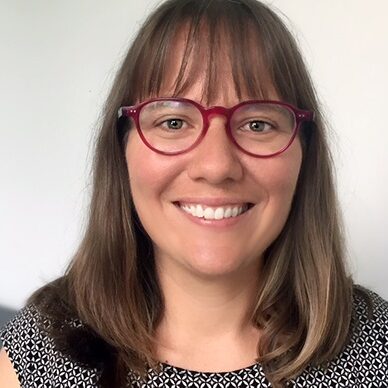

Michelle Sparling
Director of Program Development
Networks for Training and Development, Inc

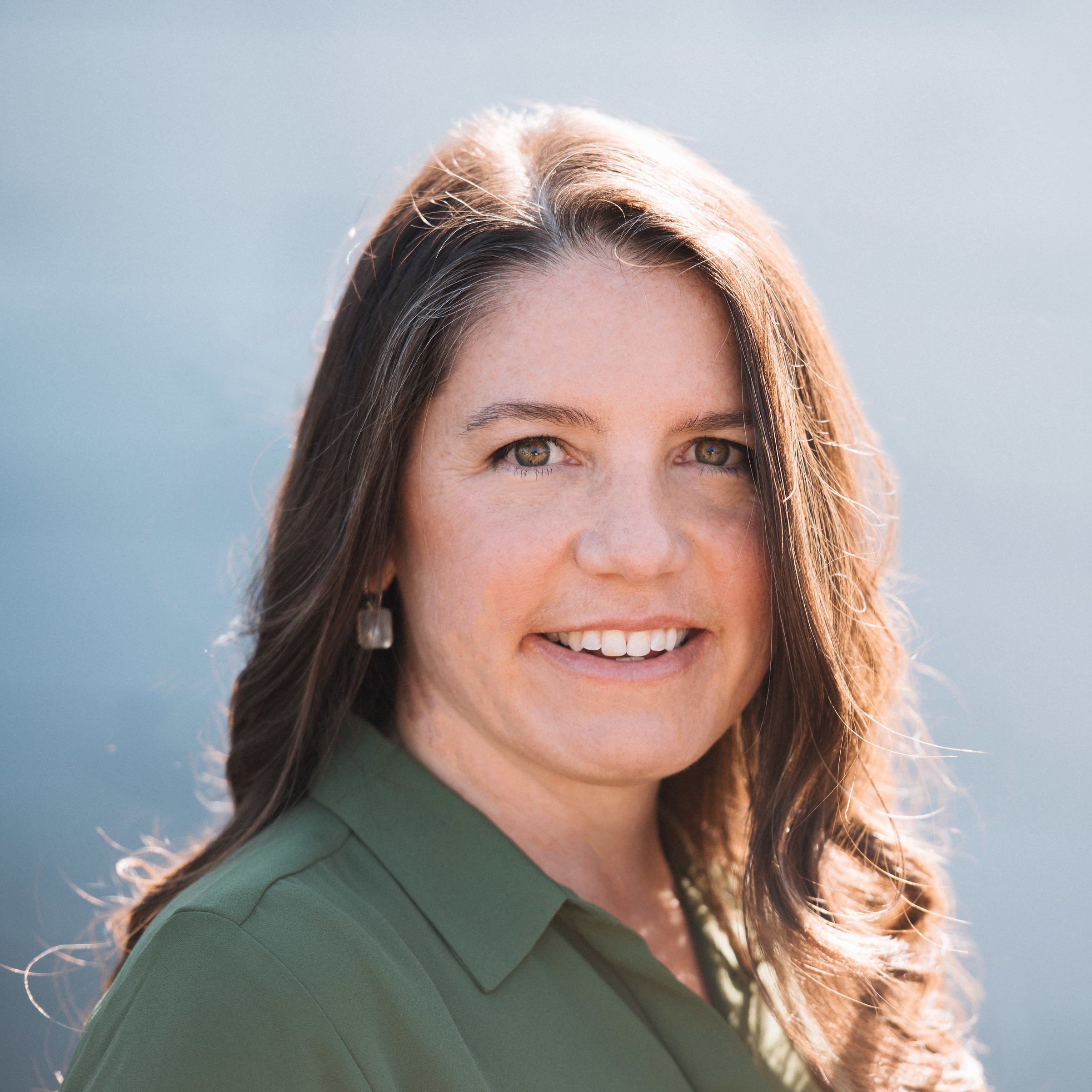
Developing Relationships with Employers is as Easy as 1, 2, 3!
Instead of approaching new potential employers every time, wouldn’t it be nice to have a large number of “warm leads” available once you know the talents and interests of your newest job seeker? This session will offer easy-to-use techniques and tips to create on-going relationships with the business community with minimal time requirements and maximum ease and familiarity. Please come prepared to relay your experiences of trying to build relationships with potential employers (while ensuring individualized service delivery to your job seeker). Presenter will answer direct questions and offer scripts for networking, tools for tracking key information and methods for developing relationships even when your current job seekers are not a match. We will talk about how to customize the scripts, so they reflect you and your situation. The result of some job development activity may not be a placement, but instead getting the potential employers to offer introductions to their network of other employers on your behalf. This session allows you to practice using these techniques, so you are ready to leave the conference and create easy opportunities for employment first.
Track 1: Funding and Managing Employment Services and Teams

Understanding Impact of COVID-19 on Disability Employment Services and Outcomes: Results from a Provider Survey in the U.S. and Canada
The COVID-19 pandemic has challenged every aspect of our society and economy, including employment of people with disabilities. In order to understand the real time impact of COVID-19 on disability employment and to identify immediate needs, APSE has been conducting a national survey of community-based service providers who offer employment services and supports. This ongoing effort aims to understand the impact of COVID-19 on employment service provision, the direct support workforce, supported workers and job seekers with disabilities. More recently, APSE has reached out to international partners for assistance in adapting the survey to assess the global impact of the pandemic. Staff from the Canadian Association for Supported Employment (CASE) will speak to similarities and differences in trends. Additionally, this presentation will outline next steps of this international effort.
Track 1: Career Exploration, Discovery, and Job Development
Moving Forward After COVID-19: Results From the APSE Survey on the Impact of COVID-19 on Employment Services and Outcomes
In 2020 and 2021 employment and day service providers responded to three rounds of the APSE survey on the impact of COVID-19 on disability employment services and outcomes. Staff from the Institute for Community Inclusion in collaboration with APSE leadership analyzed the results of the surveys. This presentation will share the results of the analysis and offer recommendations to assist providers to recover from the pandemic and continue to enhance their employment services.
Track 1: Funding and Managing Employment Services and Teams

Jean Winsor
Senior Research Associate and Project Manager
Institute for Community Inclusion, UMASS Boston

Julie Christensen
Interim Executive Director, Public Policy & Advocacy Director
National APSE

Jaimie Timmons
Senior Research Associate and Program Manager
Institute for Community Inclusion, UMass Boston

Jennifer Sullivan Sulewski
Senior Research Associate and Project Manager
Institute for Community Inclusion, UMASS Boston

Finding Your Voice: Using Self-Advocacy for Optimal Employment Results
Self-advocacy is one of the most critical skills to employment success for individuals with disabilities, but one of the least discussed. Effectively being able to represent one’s self makes all the difference during the job search and while maintaining employment. This presentation will provide some tried-and-true strategies to improve general self-advocacy skills as well how to use it at every stage of the employment process & during networking opportunities. Service providers will also learn how to encourage these tips within their clients to help them achieve ideal employment outcomes.
Track 1: Career Exploration, Discovery, and Job Development
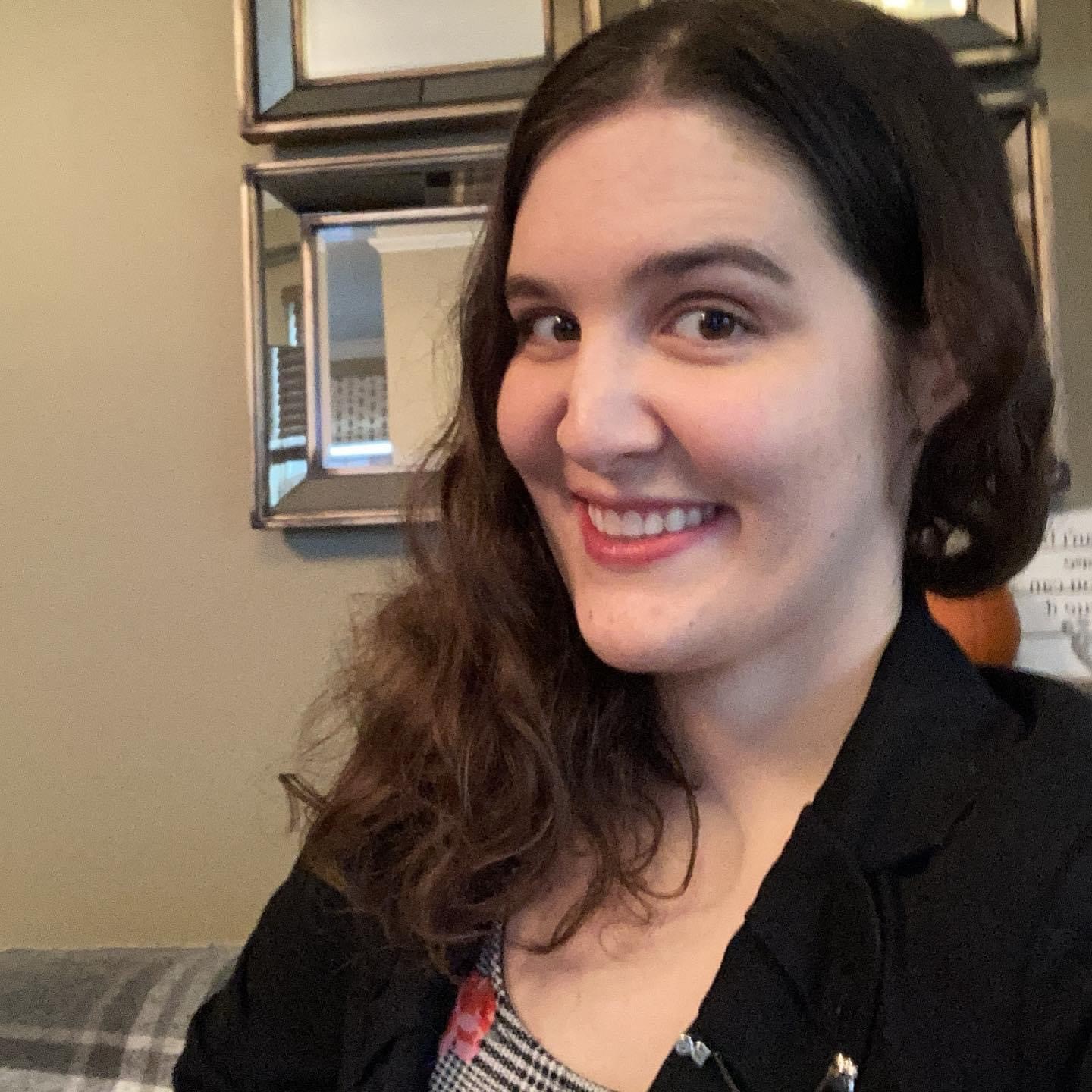
Keeping it Simple and Significant: SE Strategies for Individuals with the Most Significant Disabilities
Supported Employment (SE) providers have the honor and challenge of working with individuals with disabilities, connecting them with jobs that allow them to unleash their full potential. This population comes in all shapes and sizes, with unique needs and strengths. Sometimes these needs, especially those with the most significant disabilities, call into question for even the best SE providers if there is a way to move forward. This session will focus specifically on those with the most significant disabilities, their unique challenges, and providing concrete tools for SE providers to properly support those with the utmost need as they pursue and obtain competitive, integrated employment.
Track 1: Workplace Supports and Job Coaching
Track 2: Diversity in Employment Services

Robert Kimmel
Training and Consultation Specialist
Boggs Center on Developmental Disabilities
Shining a Light on Disability Disclosure: Mental Health Conditions
Disclosing a disability may be a consideration when starting a new job; transitioning from school, another job, or unemployment; or retaining a job after acquiring a disability. As with any new experience, knowledge and preparation are vital. This interactive session aims to share our expertise and encourage dialogue among participants. We will focus on disability disclosure for individuals with mental health conditions, but our tips and solutions will work for other disabilities as well. The information provided will be beneficial to both seasoned professionals and those new to the field, job applicants, and family members.
Track 1: Career Exploration, Discovery, and Job Development
COVID-19 and Employment Supports: What Have We Learned
COVID-19 significantly disrupted the delivery of employment services and supports in difficult and unexpected ways. This session will explore what we have learned from employment consultants who provided supports in this unprecedented time, and what implications their innovations have for employment support in the future. An individual who receives employment support and the employment consultant who supports them will illustrate innovation and the development of practices that inform employment supports in the future.
Track 1: Workplace Supports and Job Coaching
Track 2: Diversity in Employment Services

Danielle Mahoehney
Education Program Specialist
Institute on Community Integration, University of Minnesota

Jaimie Timmons
Senior Research Associate and Program Manager
Institute for Community Inclusion, UMass Boston

Kessler Foundation National Employment and Disability Survey Results: Recent College Graduates (KFNEDS:RCG)
Learn about the experiences of recent college graduates with disabilities as they transition into the workplace. Presented are key findings from the 2020 Kessler Foundation National Employment and Disability Survey: Recent College Graduates (KFNEDS:RCG). Understand how 4,500 recent graduates with and without disabilities, view experiences related to career planning, job search, interviewing, salary negotiation, onboarding, and accommodations. This valuable information can inform decision making on career path employment and workplace supports after graduation.
Track 1: Workplace Supports and Job Coaching
Friday, June 18th, 2021
Virtual Networking
Track 1: Career Exploration, Discovery, and Job Development
A coffee talk offered to allow the exchange of ideas with your peers!
Certified Employment Support Professional™️ – What do you need to know?
Join this coffee talk to learn more about APSE’s CESP Credential! Talk to APSE staff about: CESP requirements, what reviewers are looking for, how to prepare for the exam, and more!
Closing APSE Member Meeting & Awards
This closing session is open to all! Join us for the APSE Membership meeting where we’ll share past accomplishments and future plans. APSE will recognize nominated individuals, organizations, and businesses during our APSE Awards celebration!
Awards:
Public Policy Award
Dave Hammis Innovation Award
Wendy M. Wood Emerging Leader Award
Employer Award
Lois Curtis Award for a Person with a Disability
Best Practices Award to an Organization
Got Mike – Emerging Scholar/Educational Leadership Award
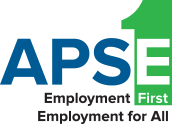
The Importance of Customized Job Development Fidelity
Customized employment (CE) emerged as a promising practice that leads to improved employment outcomes for people with significant disabilities. Despite the utility of CE, however, there remain gaps in research that establish fidelity to the customized job development process. The purpose of this presentation is to describe a Delphi study that sought to generate consensus among CE experts about acceptable and not acceptable CE job development fidelity descriptors outlined on the customized employment job development fidelity scale (JDFS) developed by Hall and Keeton (2018).
Track 1: Career Exploration, Discovery, and Job Development


Aubrey Snyder
Training and Development Specialist
Center for Persons with Disabilities Utah State University
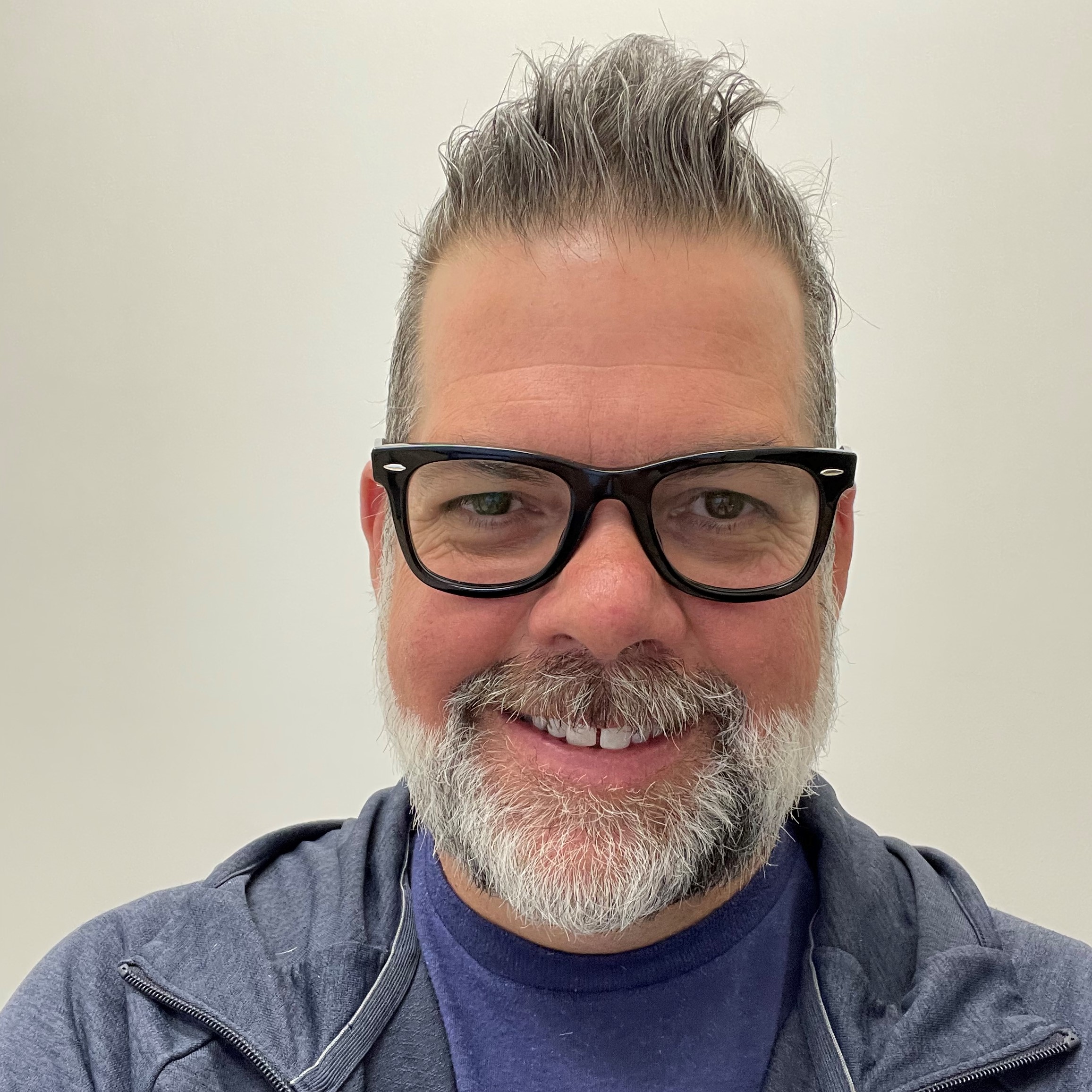
Tim Riesen
Division Director, Research and Training
Center for Persons with Disabilities Utah State University
We Can Work Too! Exploring Job Development for those with Prader Willi and Other Exceptional Populations
Job Development for special populations can be challenging especially when seeking opportunities for those with Prader-Willi syndrome. This syndrome is growing in prevalency since its initial observation in the 1960’s and has become a growing community entering the employment field. Due to the intricacies of the syndrome such as hyperphagia, gastric issues, hypotonia and more job development and networking is crucial in successful employment placement.
Track 1: Workplace Supports and Job Coaching
Track 2: Career Exploration, Discovery, and Job Development
A Macro and Micro View on Employment Support Services for Individuals with Intellectual and Developmental Disabilities: Case Studies and Stakeholder Perspectives
This session will offer a micro and macro lens on current practices regarding the employment of individuals with intellectual and developmental disabilities (IDD). On a micro level, individual case examples of processes successfully used within a large business to customize jobs and promote employer engagement will be presented. Strategies addressing pandemic related challenges will be discussed. The processes described will also be linked to the findings of a macro level national survey of stakeholders (e.g., persons with IDD, family members, transition educators, employment support staff and researchers) regarding the availability, feasibility, affordability, and satisfaction with various types of evidence- based employment support services.
Track 1: Career Exploration, Discovery, and Job Development
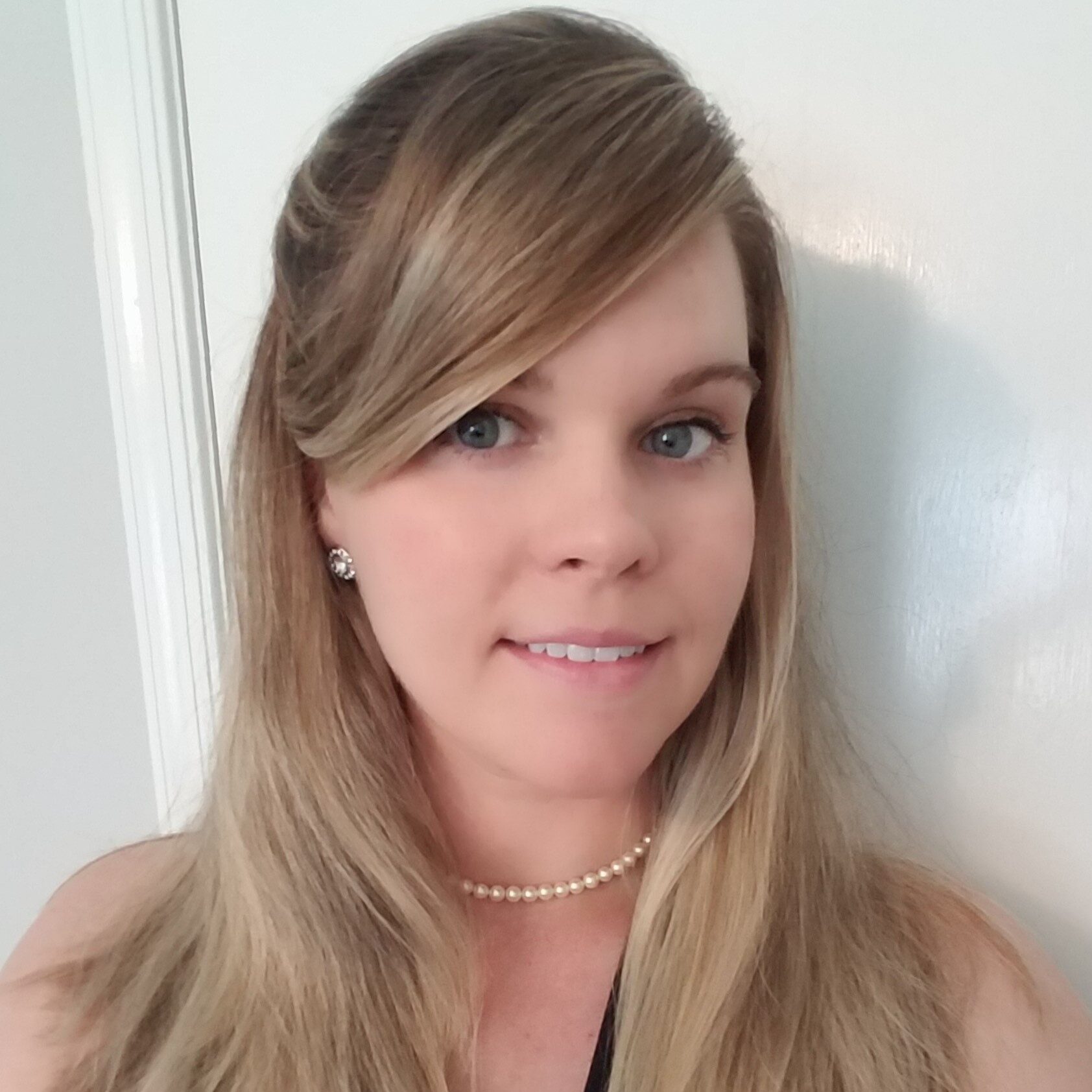
Lauren Avellone
Research Associate
Rehabilitation Research and Training Center, School of Education at Virginia Commonwealth University


Shining the Spotlight on Job Retention
When linking the employment rate, retention rate, and the cost of turnover, the data demonstrates that Vocational Rehabilitation Counselors (VRC) and employment agencies must focus on teaching job retention skills. This session will identify evidence-based job retention interventions for people with disabilities and identify specific skills which may be beneficial to improve the employment outcomes for adults with disabilities. This session will share research and videos of people with disabilities sharing their stories of the support they needed to succeed on the job.
Track 1: Workplace Supports and Job Coaching
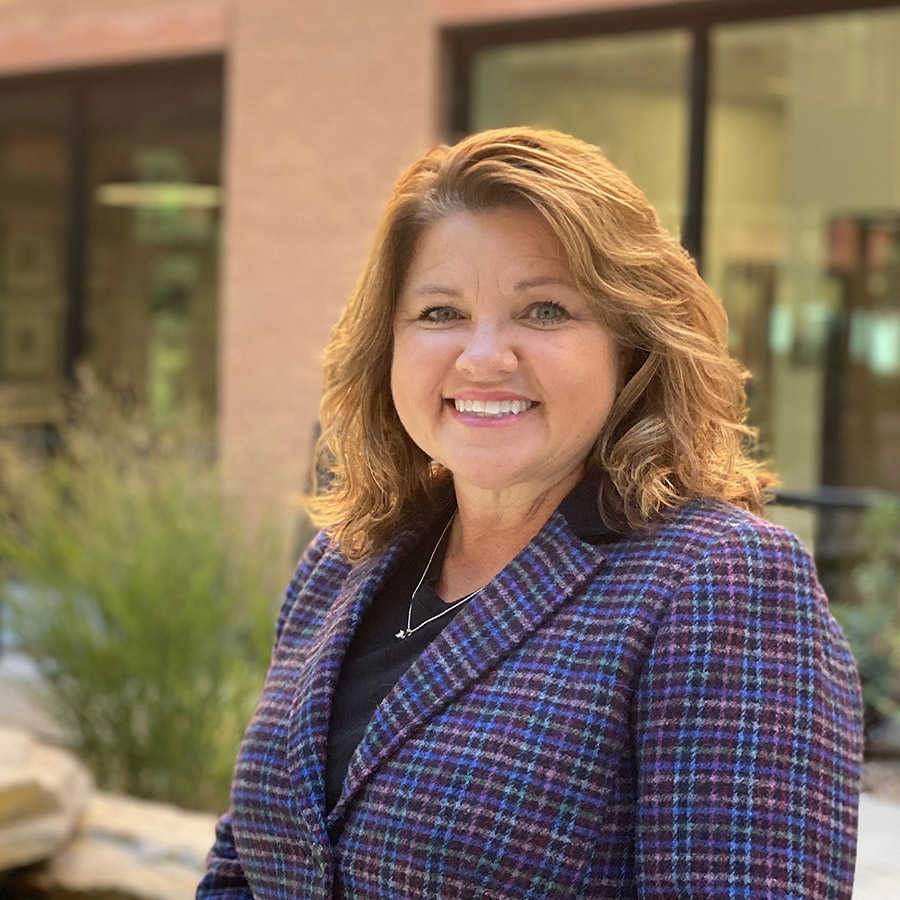
Aligning Outcomes and Services: Colorado’s State Transition Team Coordinates Efforts to Enhance the Success for Youth and Students with Disabilities
Learn how Colorado brought together thoughtful state level leaders to develop a framework for how to better serve and coordinate services for students and youth with disabilities. Through collaborative brainstorms and diving into group work to define postsecondary outcomes and services, Colorado will be able to implement a new framework and support local efforts impacting students and youth’s individual lives. This session will educate on the importance of Colorado’s transition efforts to create a shared vision, align the state messaging and training efforts for educators, vocational rehabilitation, families and service providers.
Track 1: Funding and Managing Employment Services and Teams
Track 2: Career Exploration, Discovery, and Job Development


Katie Oliver
Secondary Transition Services Consultant
School to Work Alliance Program, Colorado Department of Education

Cheryl Carver
Youth Services and Transition Unit Manager Division of Vocational Rehabilitation
Colorado Division of Vocational Rehabilitation
Virtual Networking to Land the Job
Getting paid employment starts with you. In this session, you will learn strategies on how to map your current network, think about possible networks, and take advantage of virtual networks. The presenter will also share their experience in finding paid employment and give examples of virtual events and how they led to paid employment.
Track 1: Career Exploration, Discovery, and Job Development
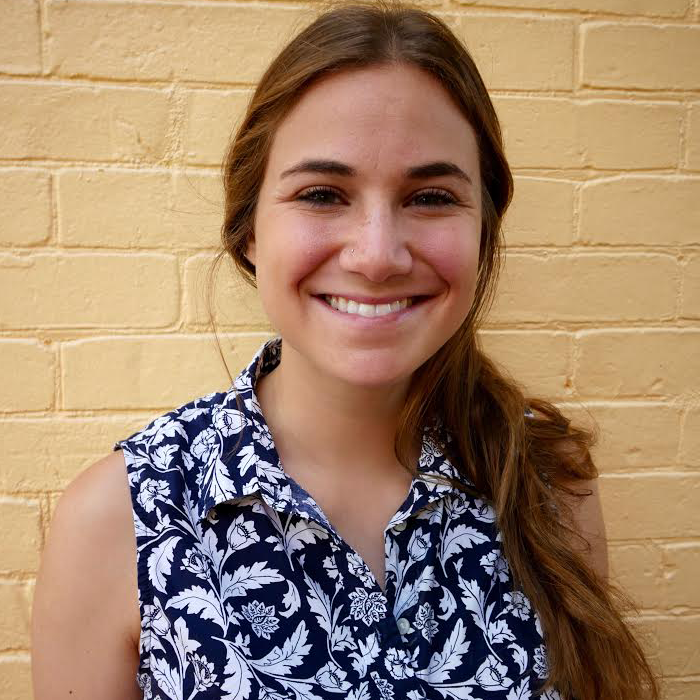
Aliza Lambert
Career Support Specialist,
Rehabilitation Research and Training Center (RRTC) on Employment of Transition-Age Youth with Disabilities
Bringing Light to the Prairie
Customized Employment is not a new concept nationally, however, rural North Dakota (ND) struggled with completing the process because of a lack of knowledge, resources, and true efficacy. What started out as a three-year pilot project training Community Rehabilitation Providers (CRPs) to explore and implement innovative Customized Employment strategies, has evolved into a statewide Customized Employment initiative. Our session will include a panel discussion with state partners, agency staff, employers, job seekers and their families focusing on how Customized Employment caused a shift in thinking about employment for individuals with disabilities.
Track 1: Career Exploration, Discovery, and Job Development

Michele Burney
Program Director, primary investigator
North Dakota Center for Persons with Disabilities


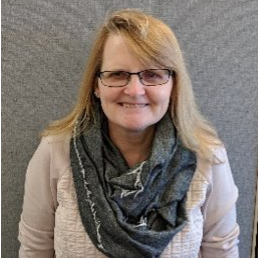
Cheryl Anderson
Community Rehabilitation Provider Liaison
North Dakota Center for Persons with Disabilities
Peer Supporters Can Lead the Way
Amerigroup Tennessee is partnering with The Arc of Tennessee and disAbility Link Center for Independent Living to train people with IDD to become effective Peer Supporters so that they may support individuals with IDD to lead more self-directed, autonomous, and satisfying lives. These Peer Supporters will have jobs with providers in Tennessee’s Employment and Community First (ECF) CHOICES program. They will offer guidance and support to other people with IDD to pursue employment, expand their community engagement and social connections, and serve as a bridge to the community for people waiting for services.
Track 1: Diversity in Employment Services





